Earlier this month, I flew to Houston to join Omega as they celebrated their 60th anniversary of the Speedmaster's NASA certifications. Now, this kind of trip was interesting — it's not every day that an event like this isn't centered around a new product launch. Instead, it turned out to be a way of both looking at the past — 60 years of the Speedmaster's involvement in spaceflight — as well as a preview of the future.
To me, the story of the Speedmaster and its tie to NASA is such a core part of the "watch nerd starter pack" — the reference ST 105.003 being the only watch from three brands to pass all 11 of the stringent tests for any of the watches to be deemed, as seen on the caseback of modern Moonwatches, "Flight Qualified for all manned Space Missions."
A Moonwatch was spotted on our tour guide, who has worked at NASA since the Apollo days.
These tests were:
- A high temperature test of 48 hours at 70°C, then 30 minutes at 93°C in a partial vacuum.
- A low temperature test of 4 hours at -18*.
- A vacuum test, where the watches were heated in a vacuum chamber and cooled to -18 °C for several cycles.
- A humidity test of 95% humidity at varying temperatures from 25°C to 70°C, where the watch needed to survive ten 24-hour cycles of testing.
- A corrosion test, where the watch was submitted to an atmosphere of oxygen at 70°C for 48 hours.
- A shock resistance test, where the watch is submitted to six 40 G shocks in different directions.
- An acceleration test, where the watch was accelerated to 7.25 G in a span of five minutes, then to 16 G for 30 seconds in three axes.
- A low-pressure test, where the watch was subjected to a pressure of 10^-6 atmospheres at 70°C for 90 minutes, then at 93°C for 30 minutes.
- A high-pressure test of air pressure of 1.6 ATM for 60 minutes.
- A vibration test of random vibrations in three axes between 5 and 2,000 Hz with an acceleration of 8.8 G.
- A sound test of 130 decibels at frequencies from 40 to 10,000 Hz for 30 minutes.
It's a solid reminder, to me at least, that I should stop being so damn worried about my watch all the time. If this stuff shouldn't phase it, nothing in everyday life should.
Our first stop along the route was to Axiom Space, a privately funded company behind the first-ever private mission to the International Space Station and many future projects, including the upcoming new generation of spacesuit for NASA called the Axiom Extravehicular Mobility Unit. Unsurprisingly, Axiom chose Omega as its watch partner since its founding for its private spaceflights.
Here, we were able to preview one of the suit prototypes being tested while we met and chatted with astronaut Michael López-Alegria, who holds six total missions under his belt, including three Space Shuttle missions and two of Axiom's private spaceflights. Unsurprisingly, he was wearing his Speedmaster X-33 Gen 2, still NASA's standard-issue watch for astronauts as well as Axiom's. Astronauts tend to wear the X-33 while inside the spacecraft, mostly due to the extra functionality of the digital module. But the Moonwatch remains a core part of the kit, as it is still the watch certified for extravehicular activity.
First Moonswatch spotting, on the wrist of an Axiom team member.
On the wrist of Michael López-Alegria, the X-33 that has accompanied him on many a spaceflight.
Following our visit to Axiom, we headed over to the Lyndon B. Johnson Space Center to walk through many of the facilities, including the historical Mission Control as well as the current ISS Mission Control center. We met Jeremy Hansen, one of the astronauts training for the upcoming Artemis II crewed lunar flyby scheduled for next spring. And of course, I had to answer to my childhood nostalgia by ending with a superbly crumbly freeze-dried ice cream sandwich. Napoleon, of course.
The ISS Space Vehicle Mockup Facility helps teams with mission planning, crew training, and more.
A classic 1861 Moonwatch.
My own white lacquer dial Moonwatch, ref. 310.32.42.50.04.001.
The 3861 sapphire-sandwich Moonwatch, ref. 310.30.42.50.01.002
A view from the cargo bay of the Space Shuttle.
Watching over a simulator for the upcoming Artemis II mission.
Astronaut Jeremy Hansen giving us the rundown of the Artemis II route.
Can't buy this doormat at the gift shop.
A quick lunch break back at the visitor's center.
Two Speedmasters on display at Houston Space Center with lots of history.
Historic Mission Control.
Current Mission Control.
For more information, visit Omega.


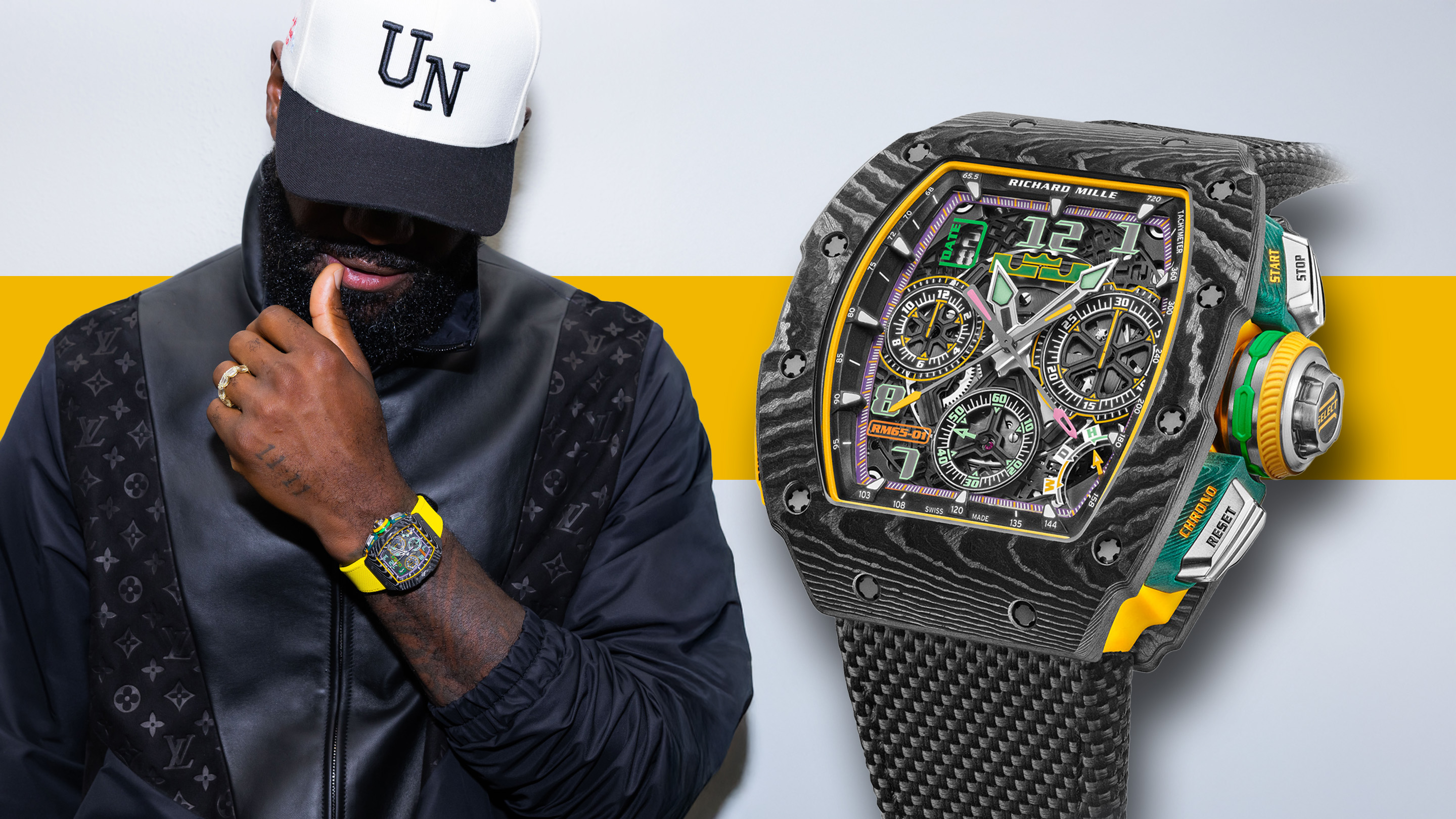
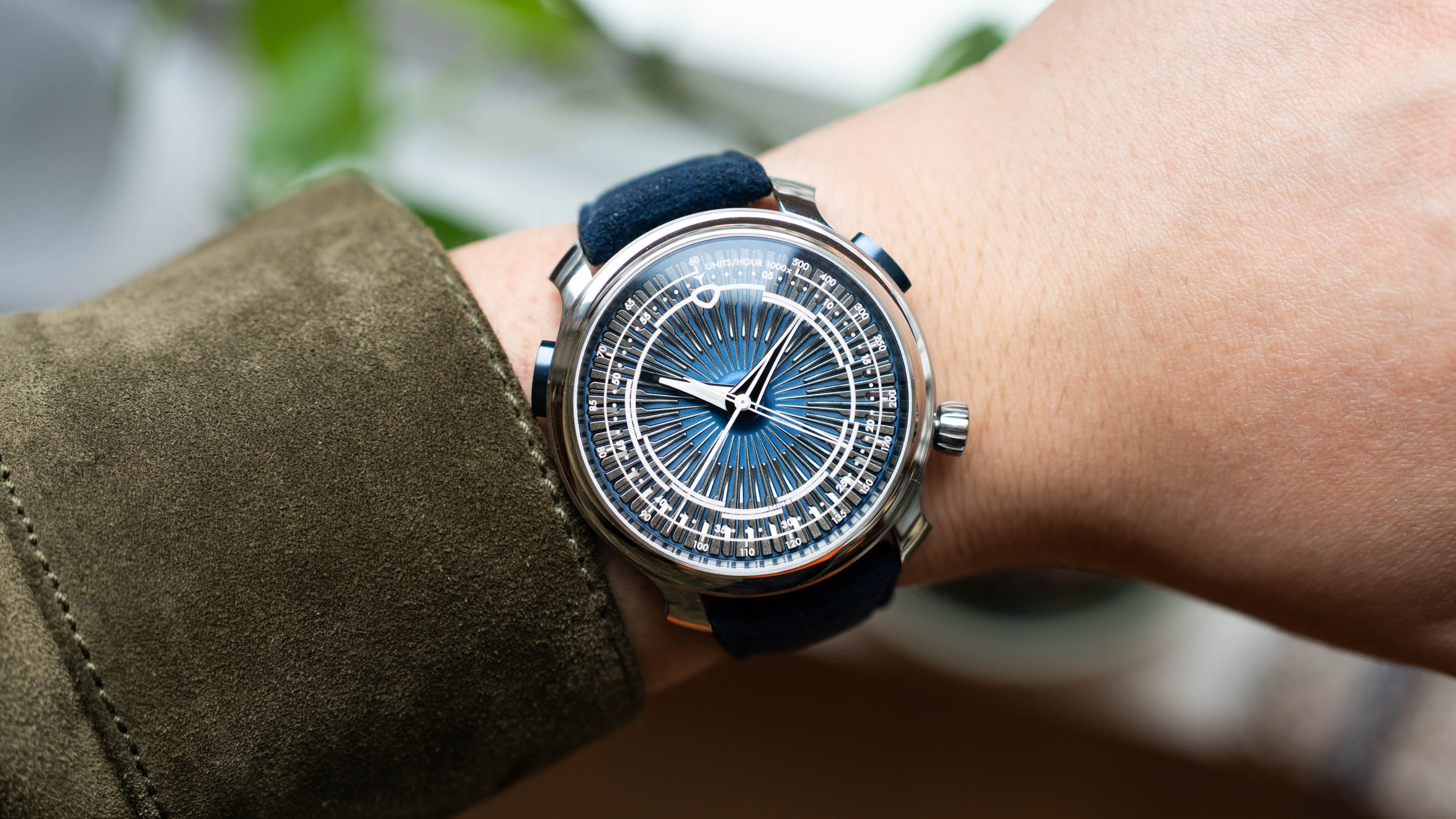




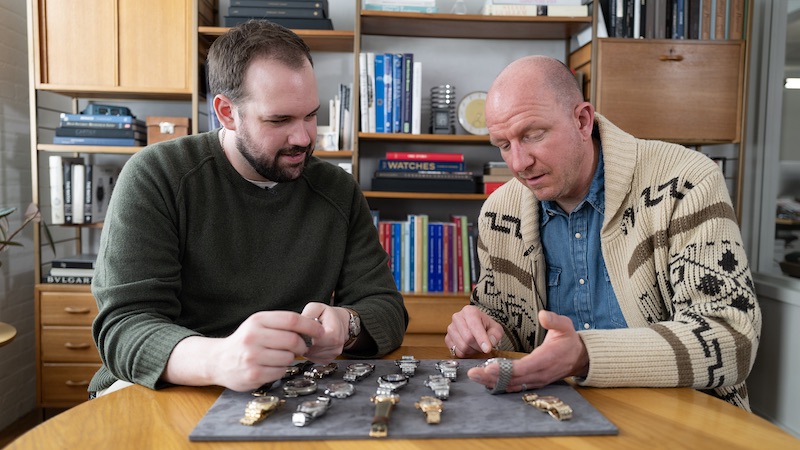




















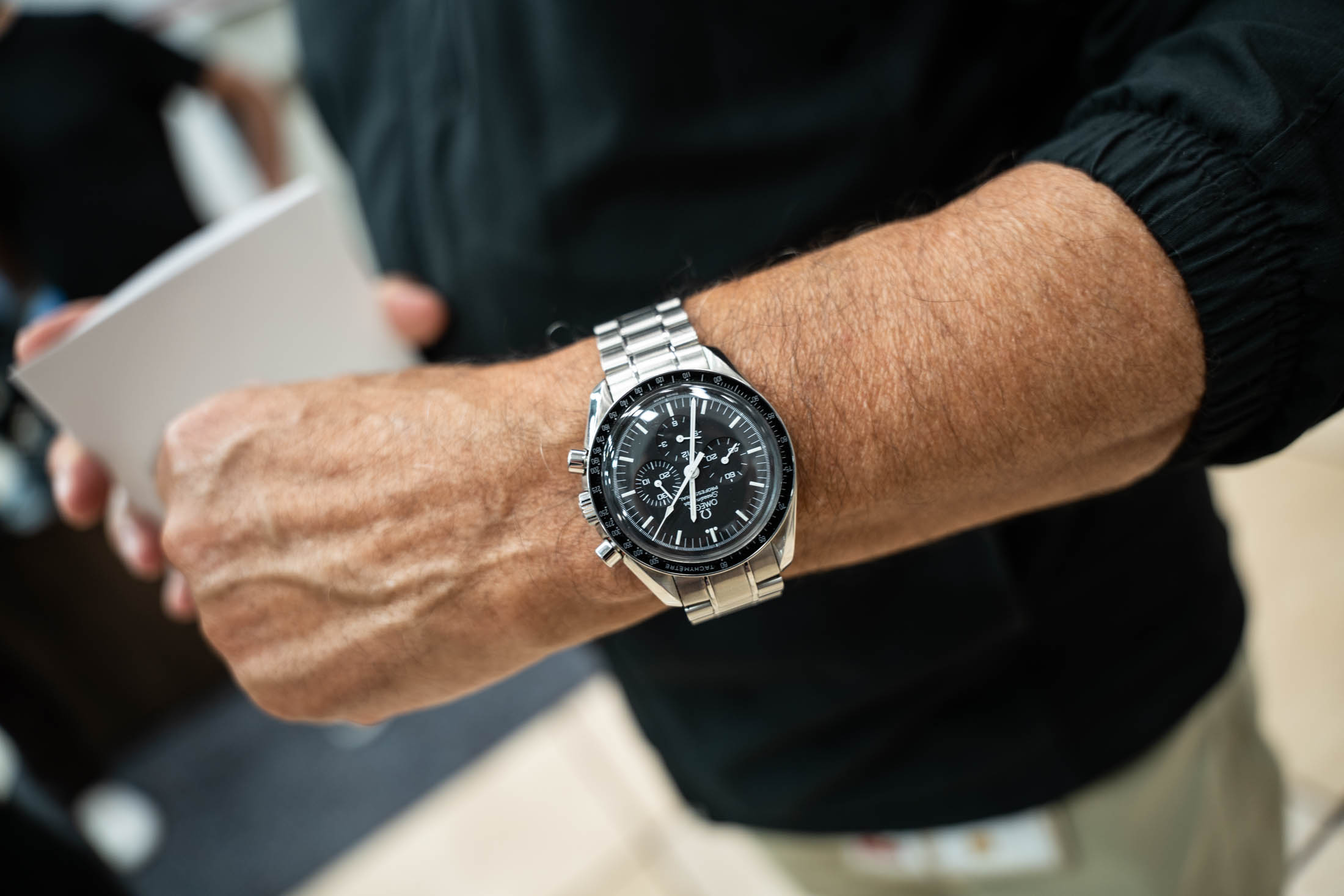
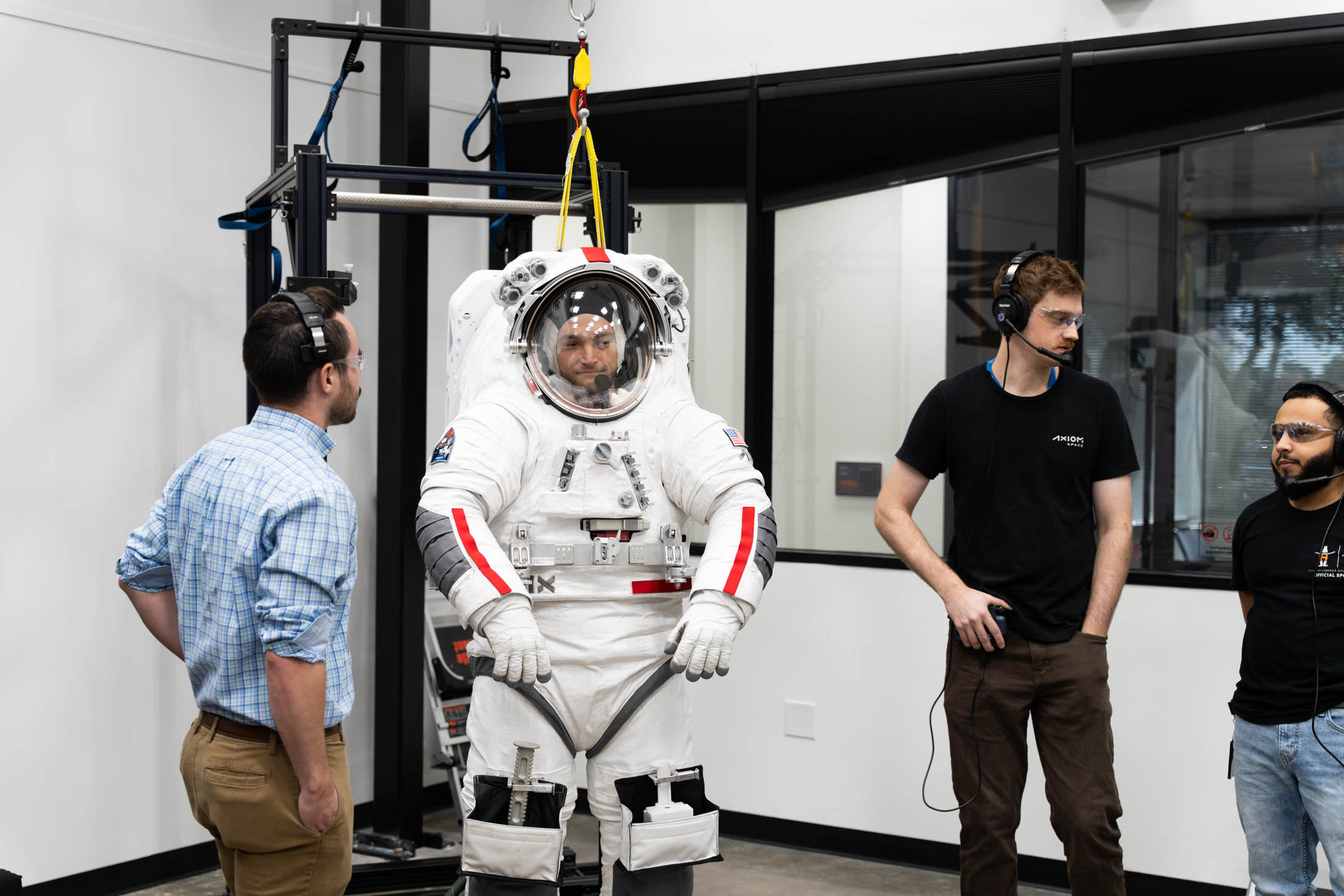
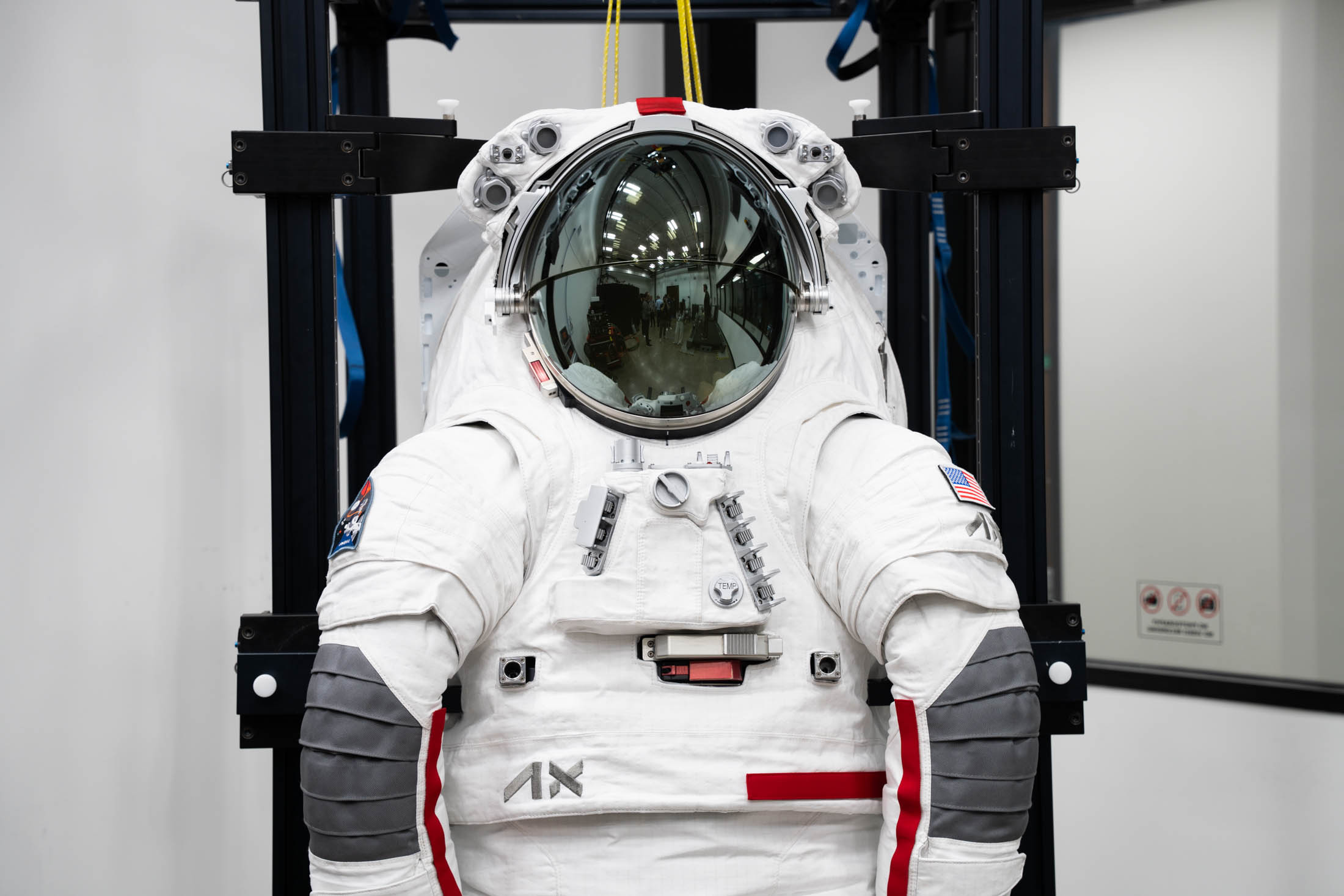
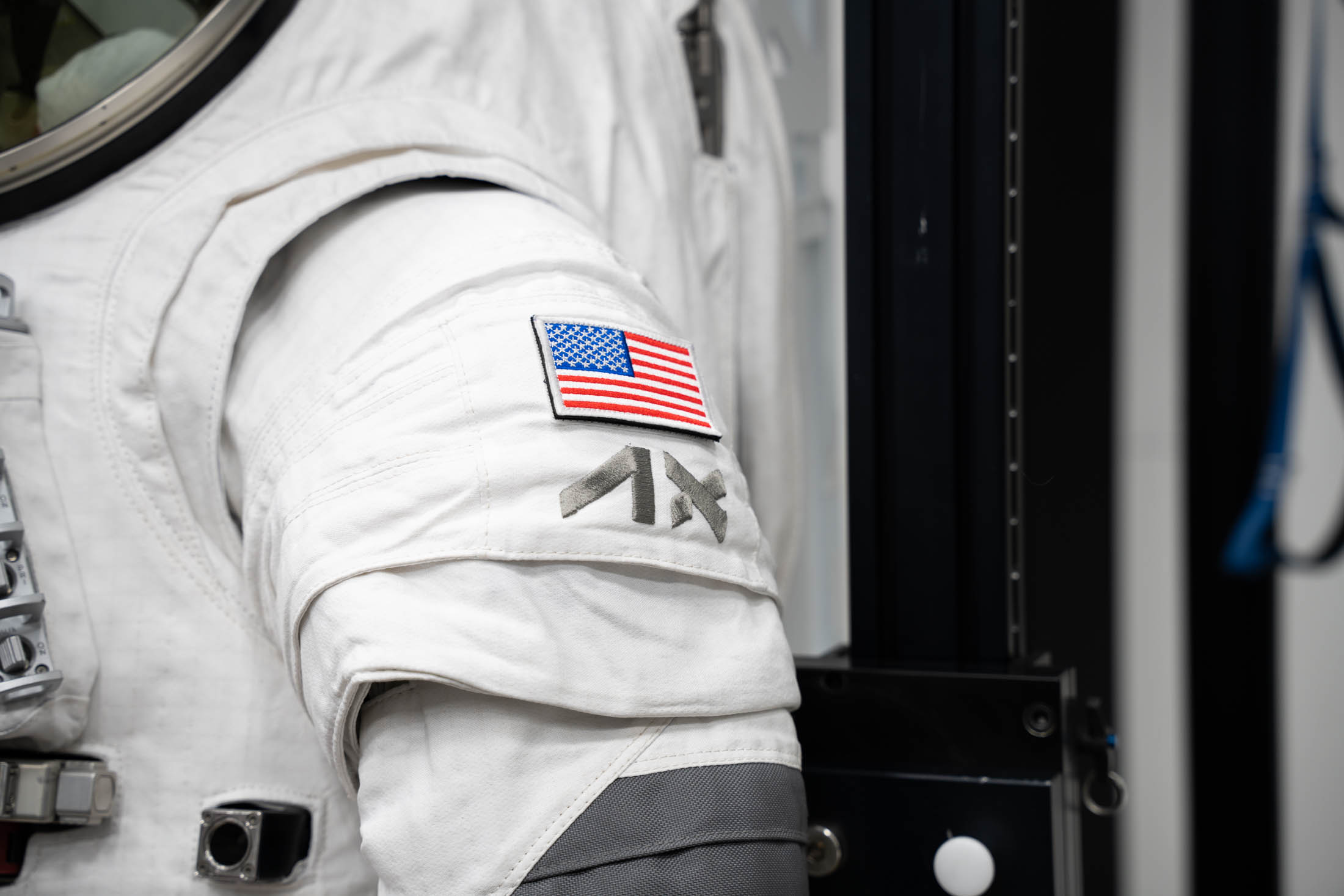
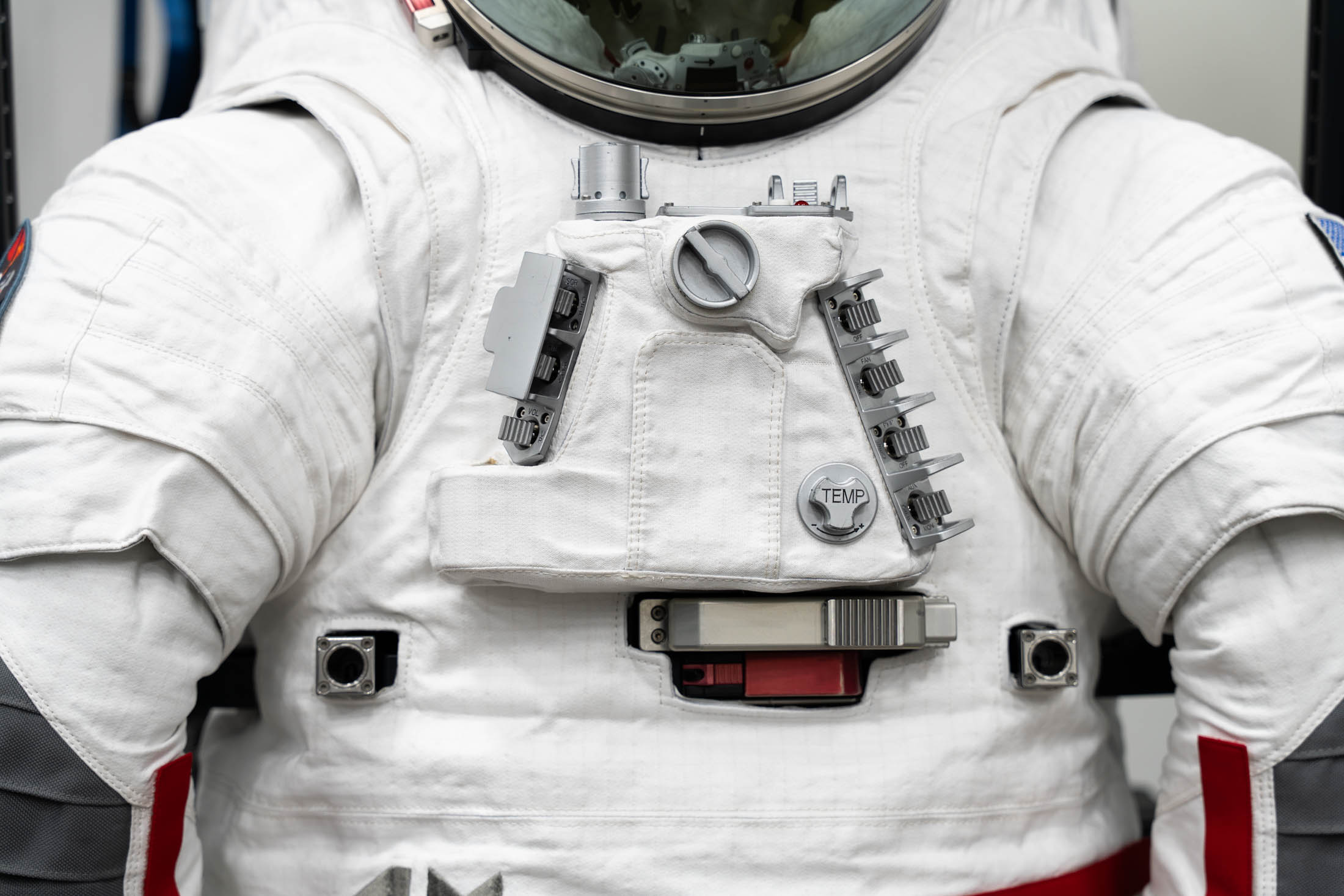
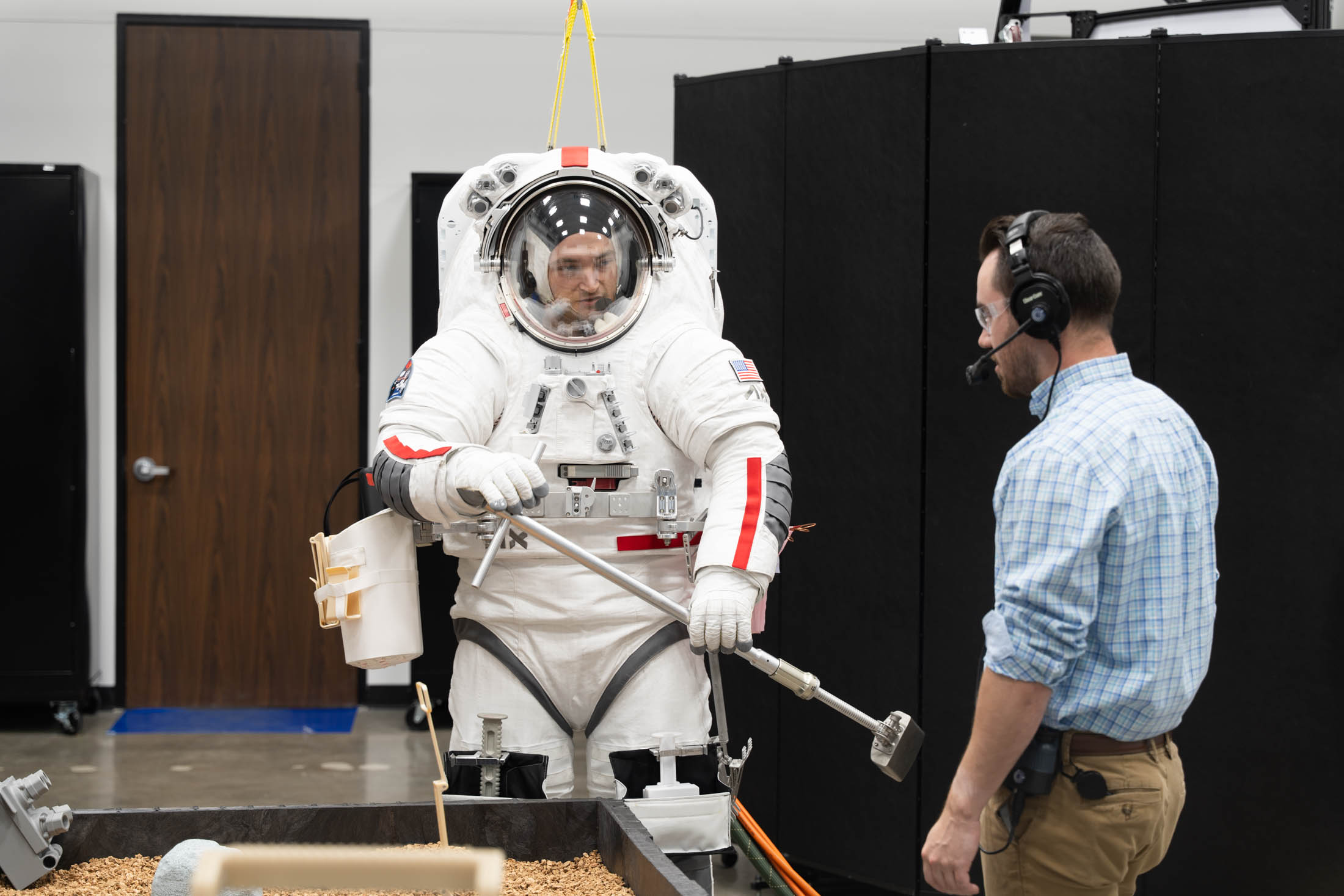
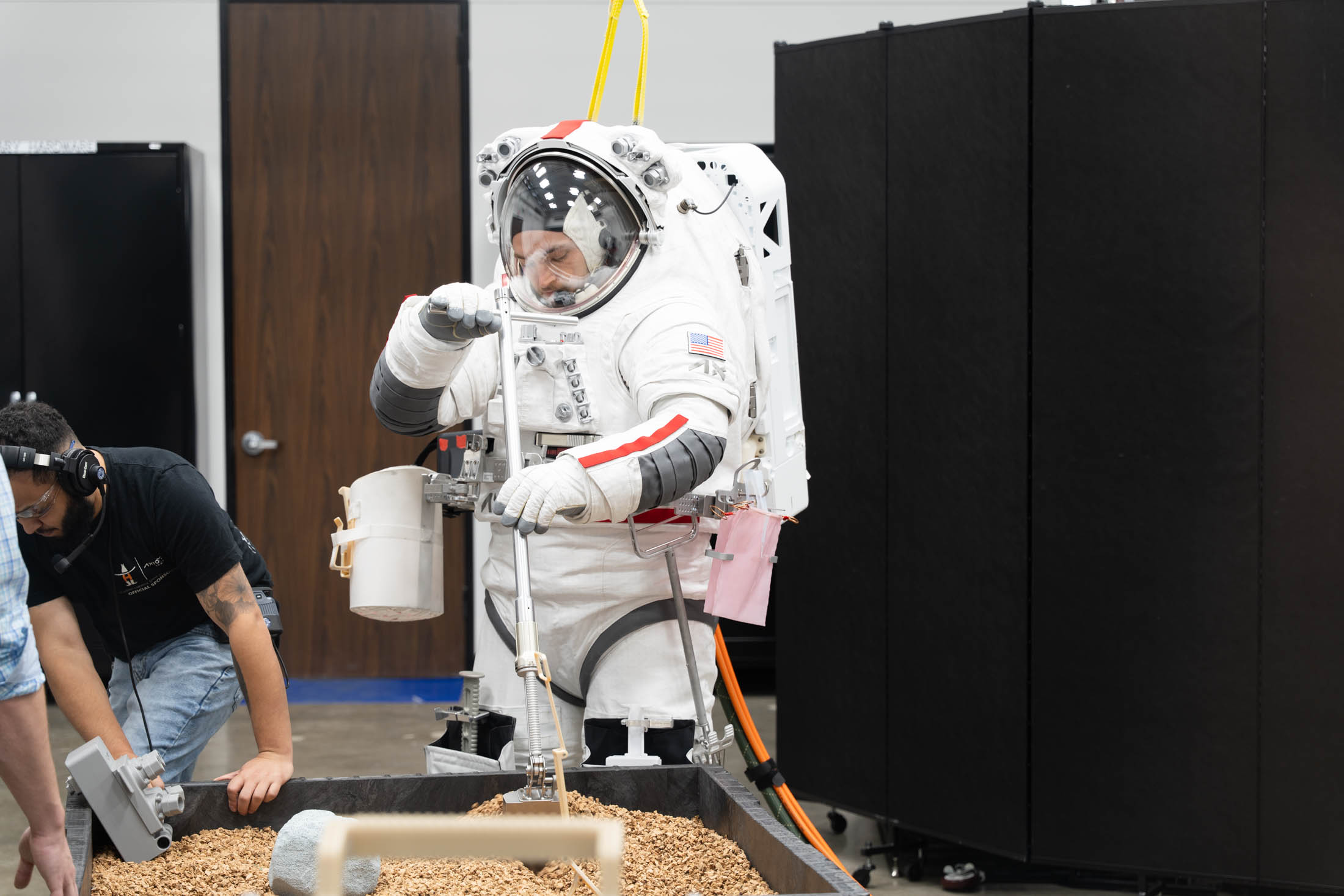
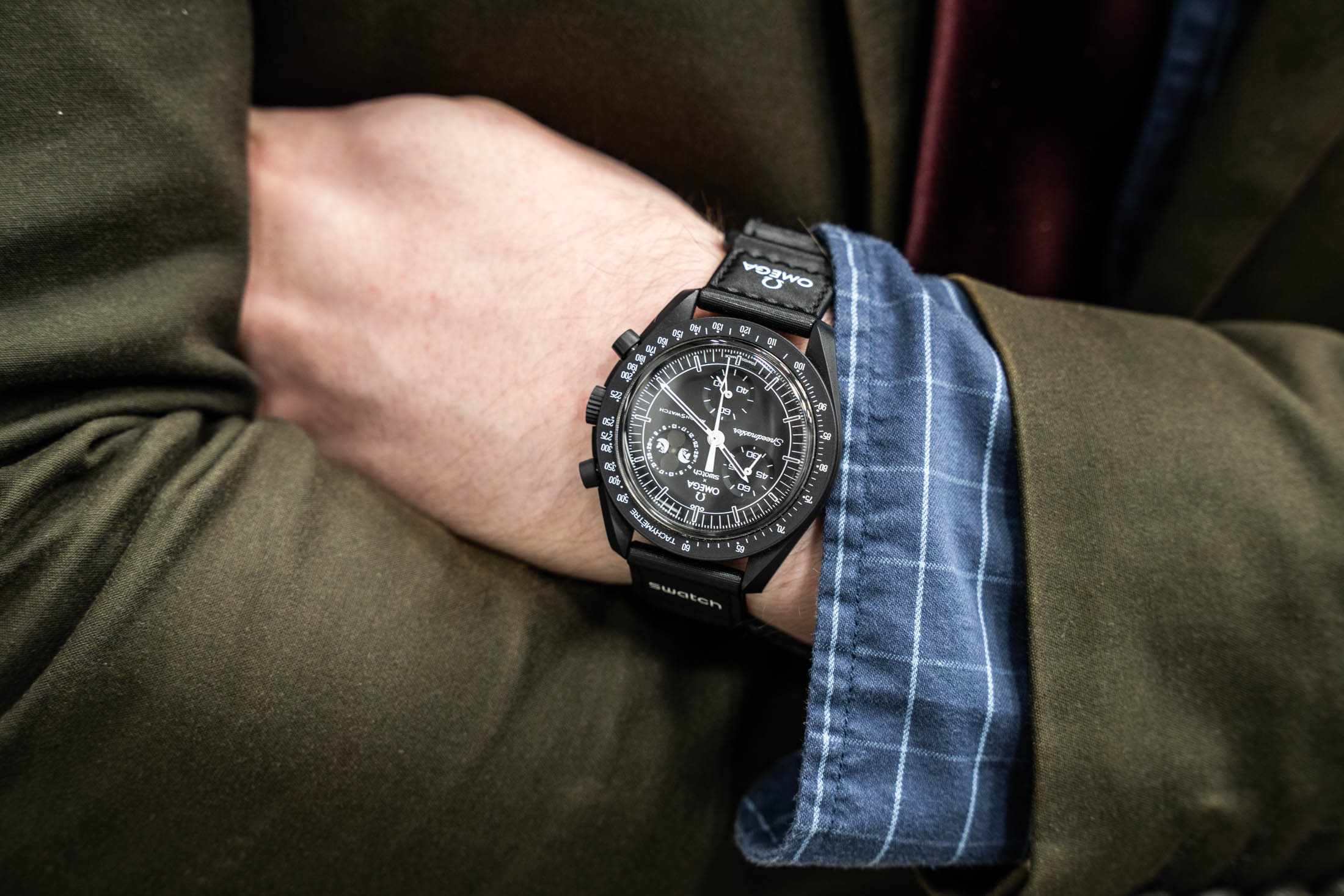
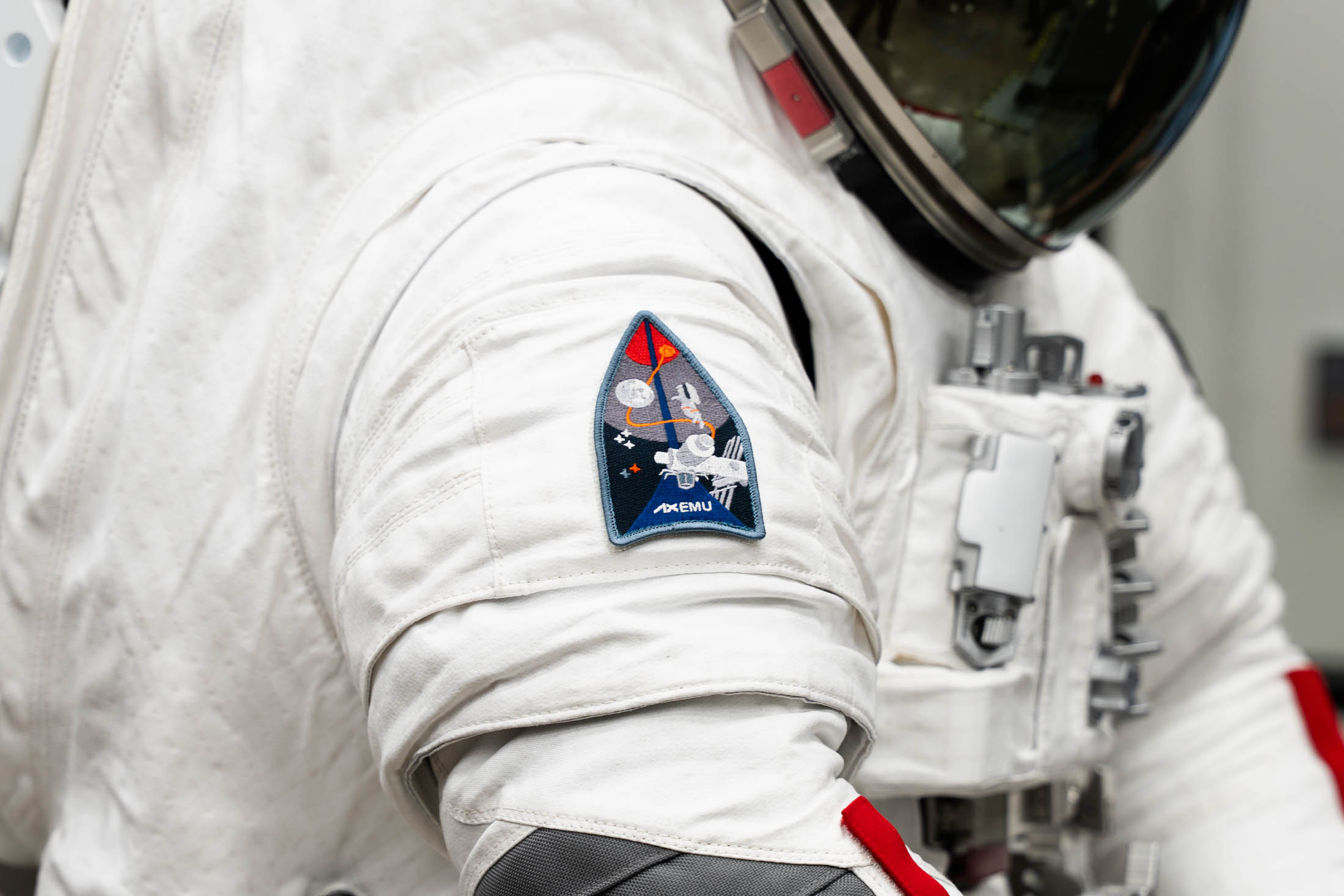
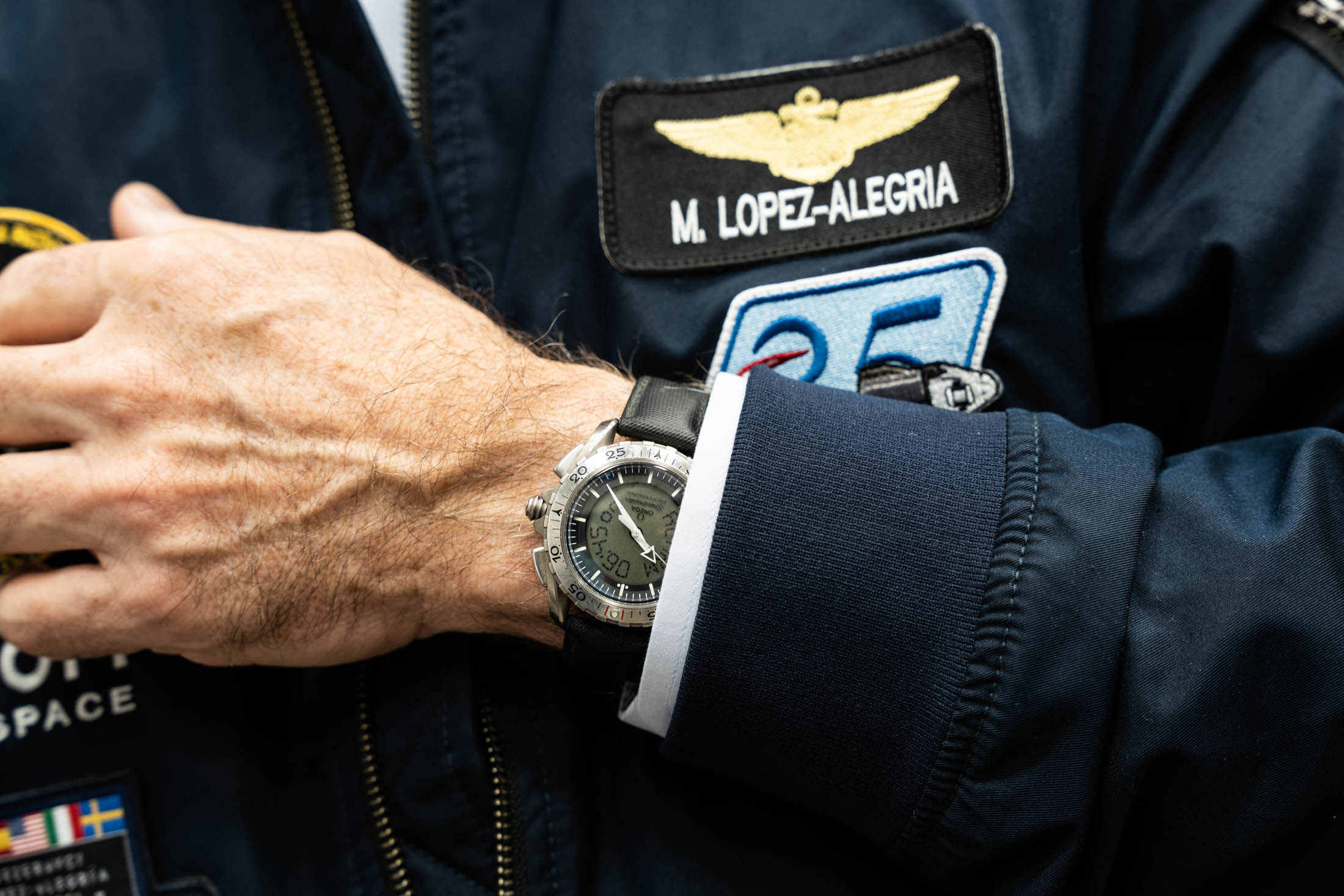
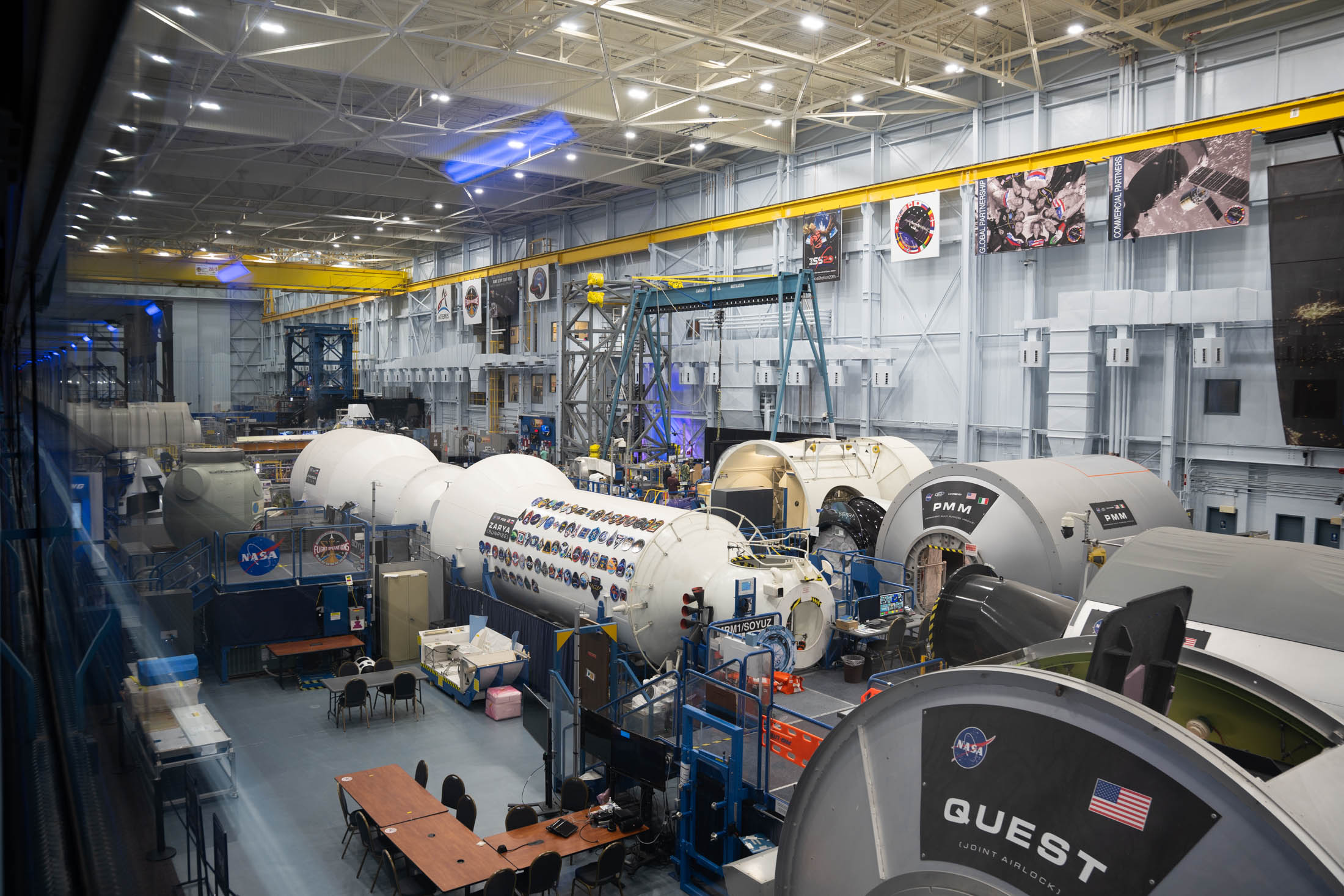
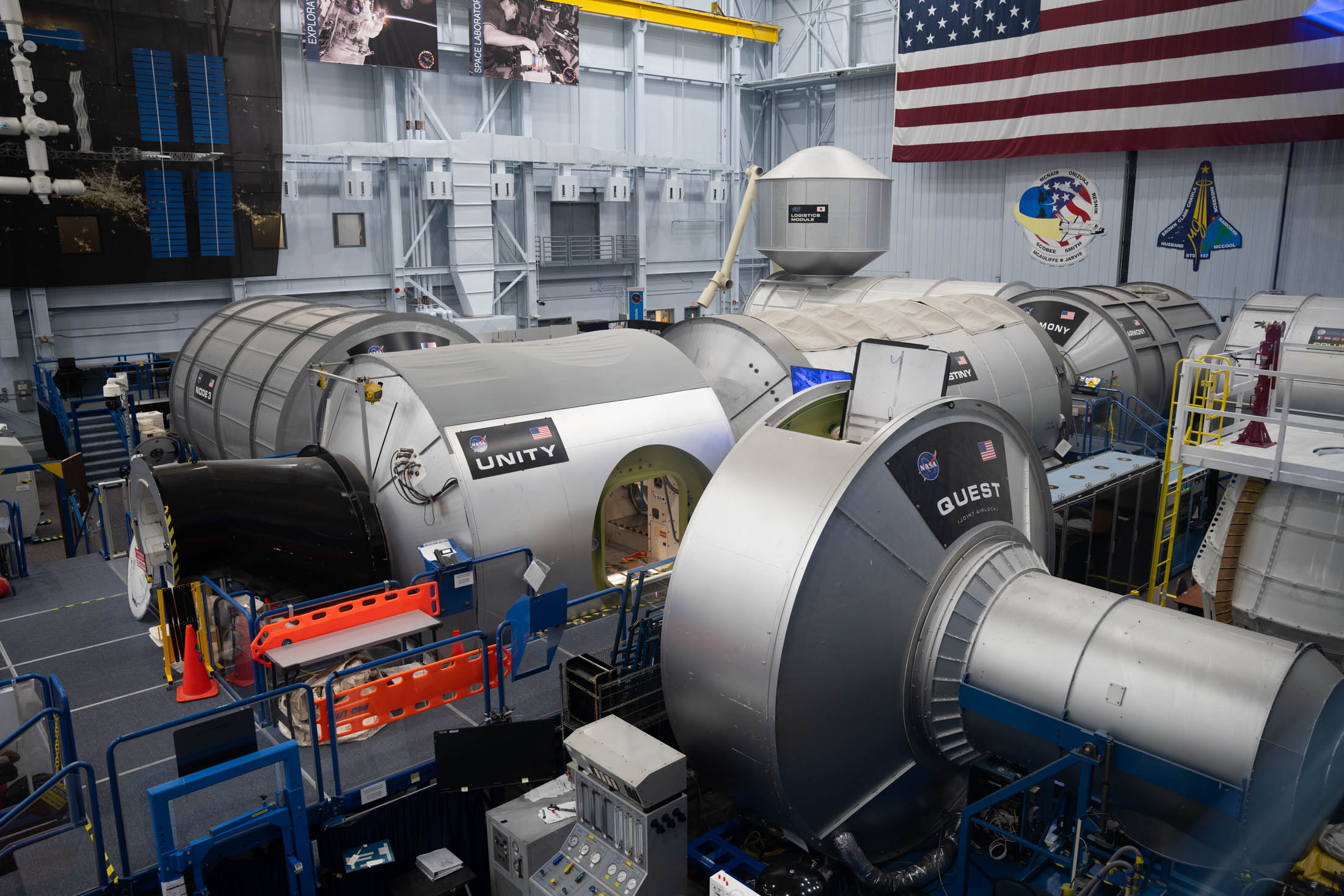
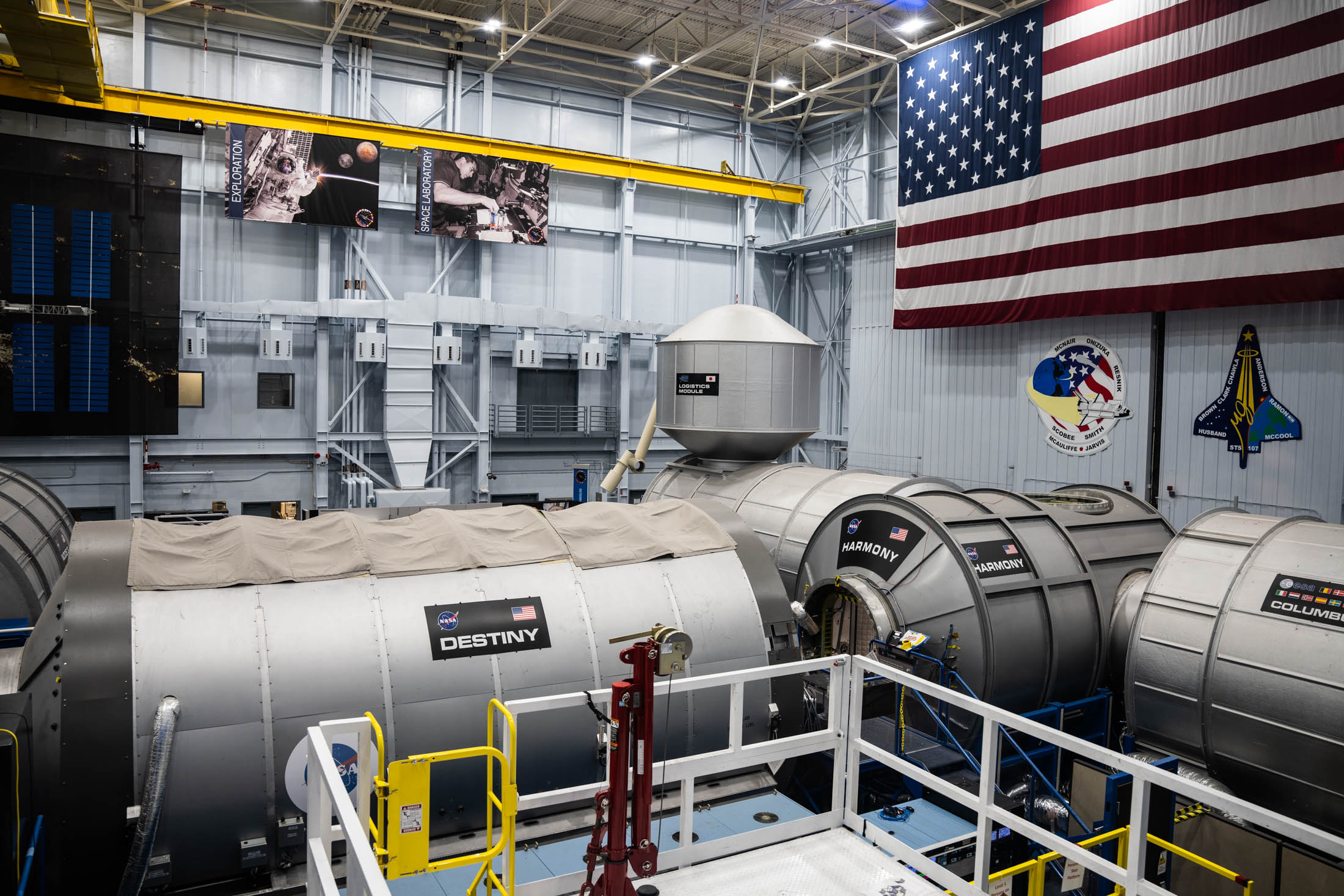
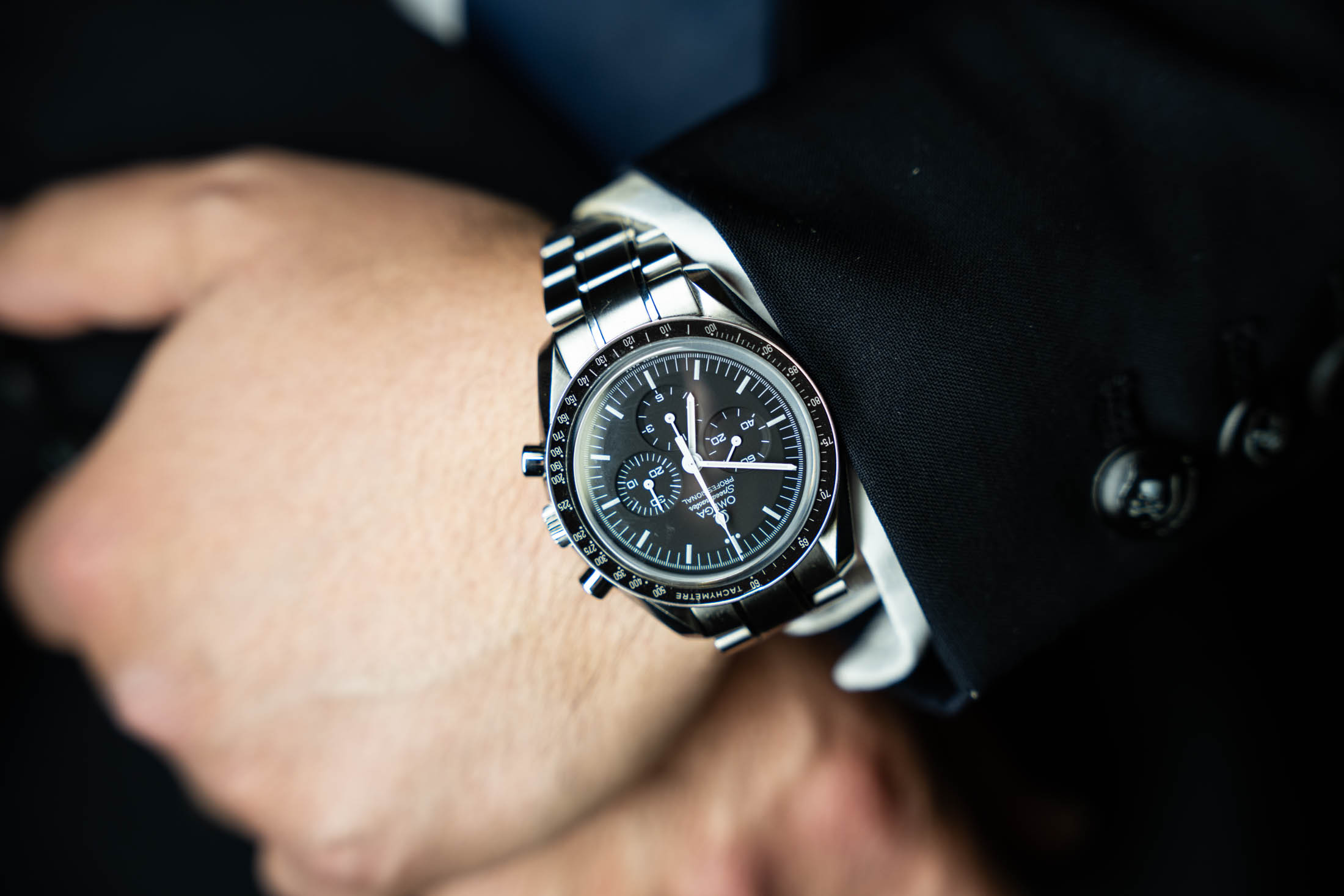
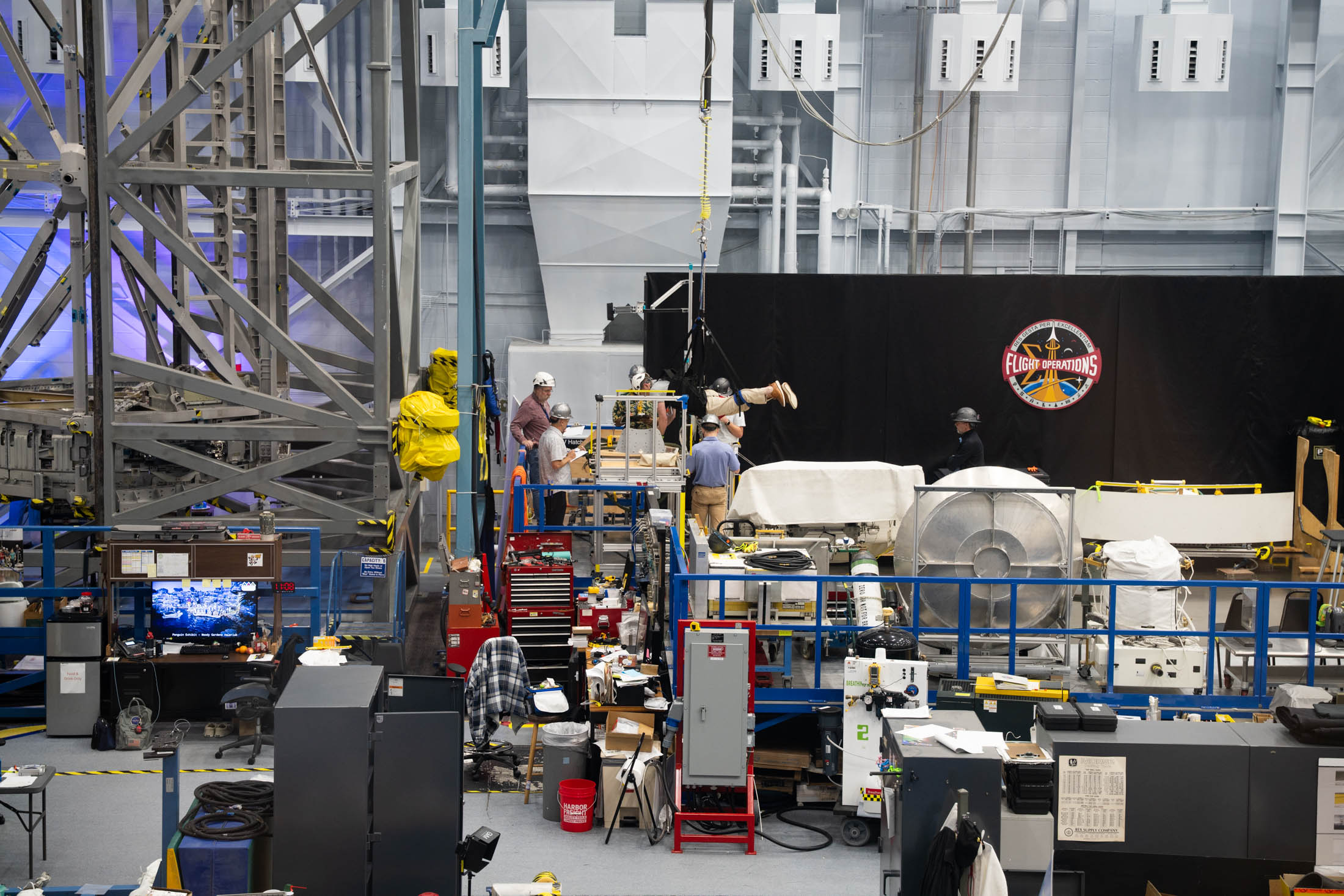
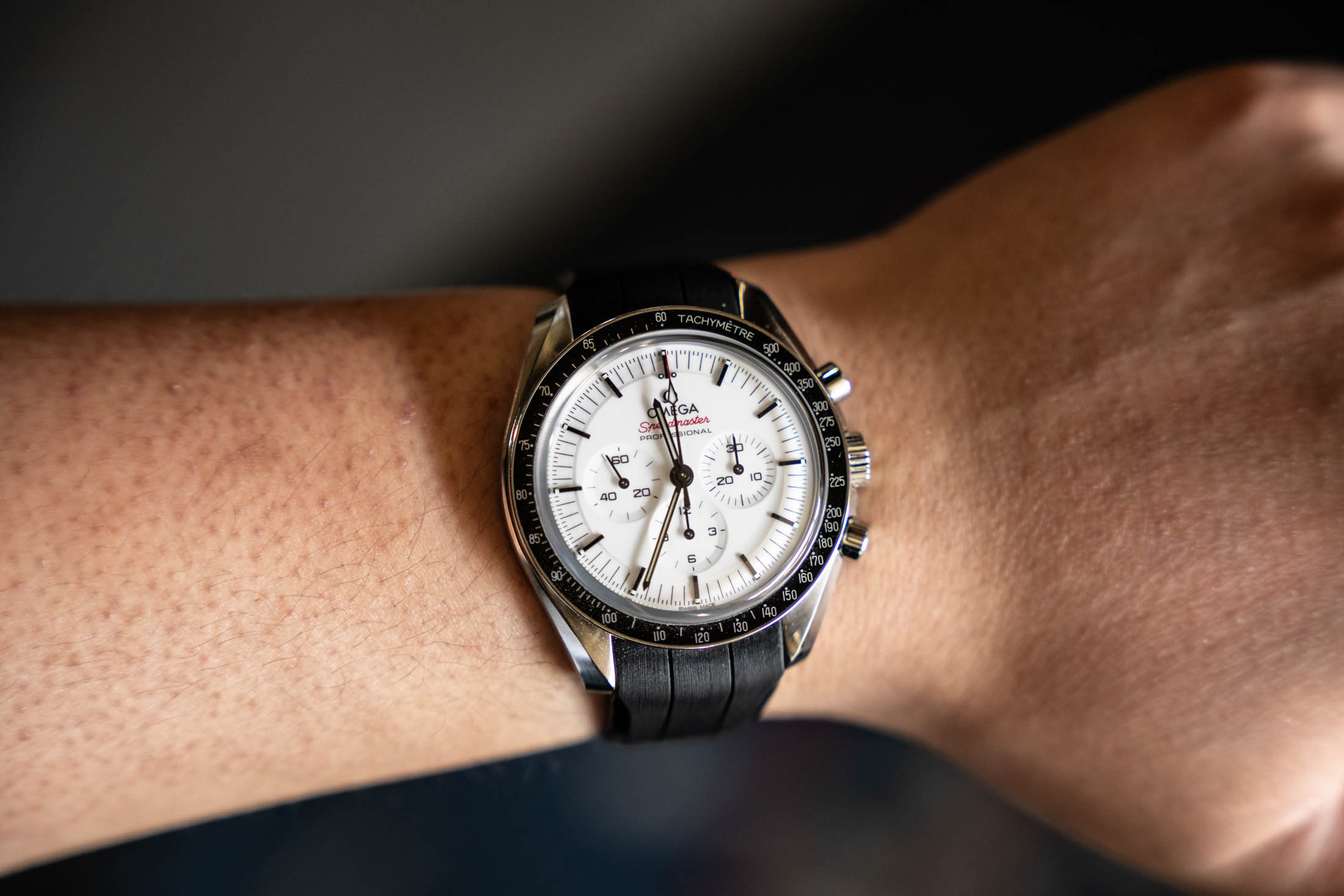
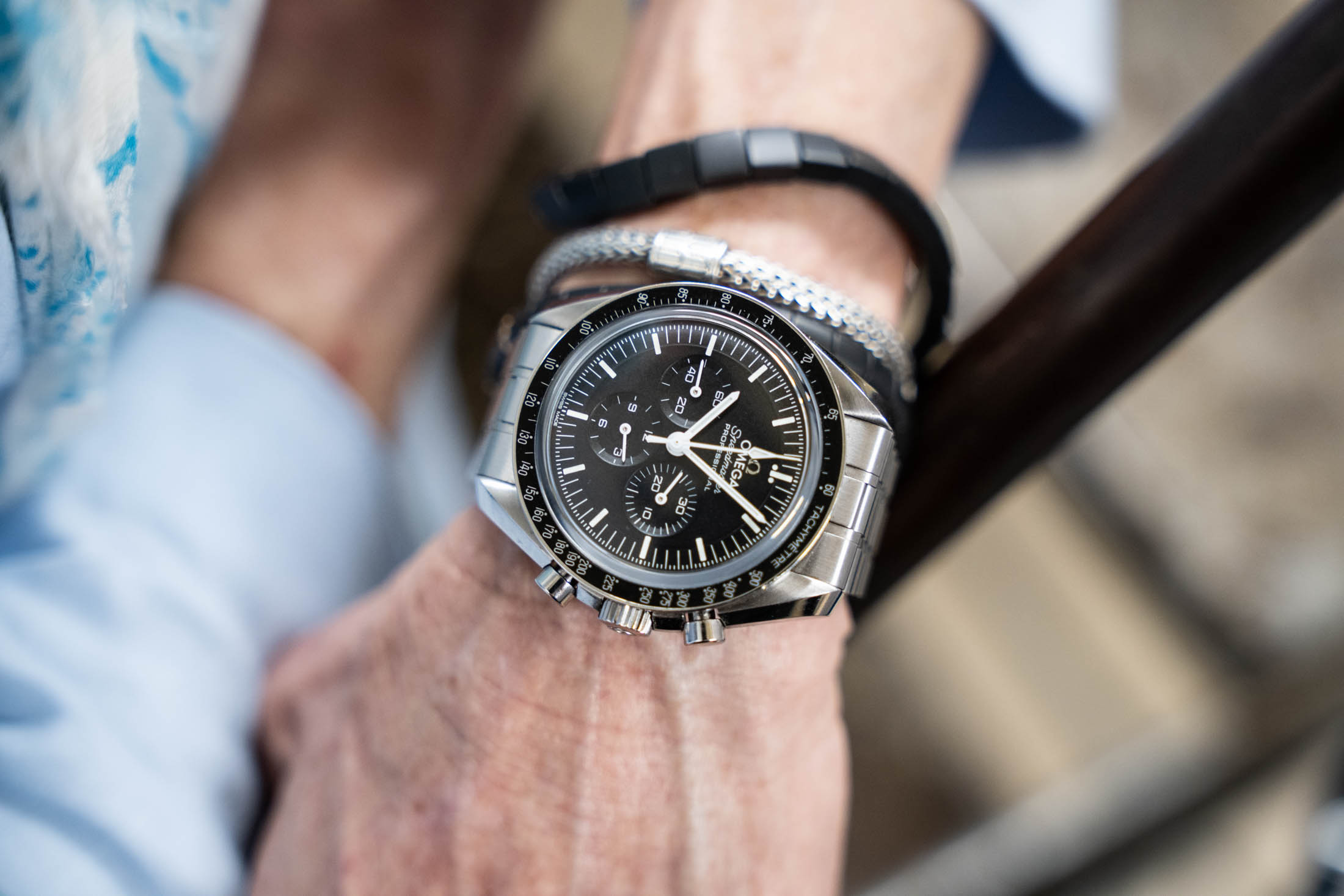
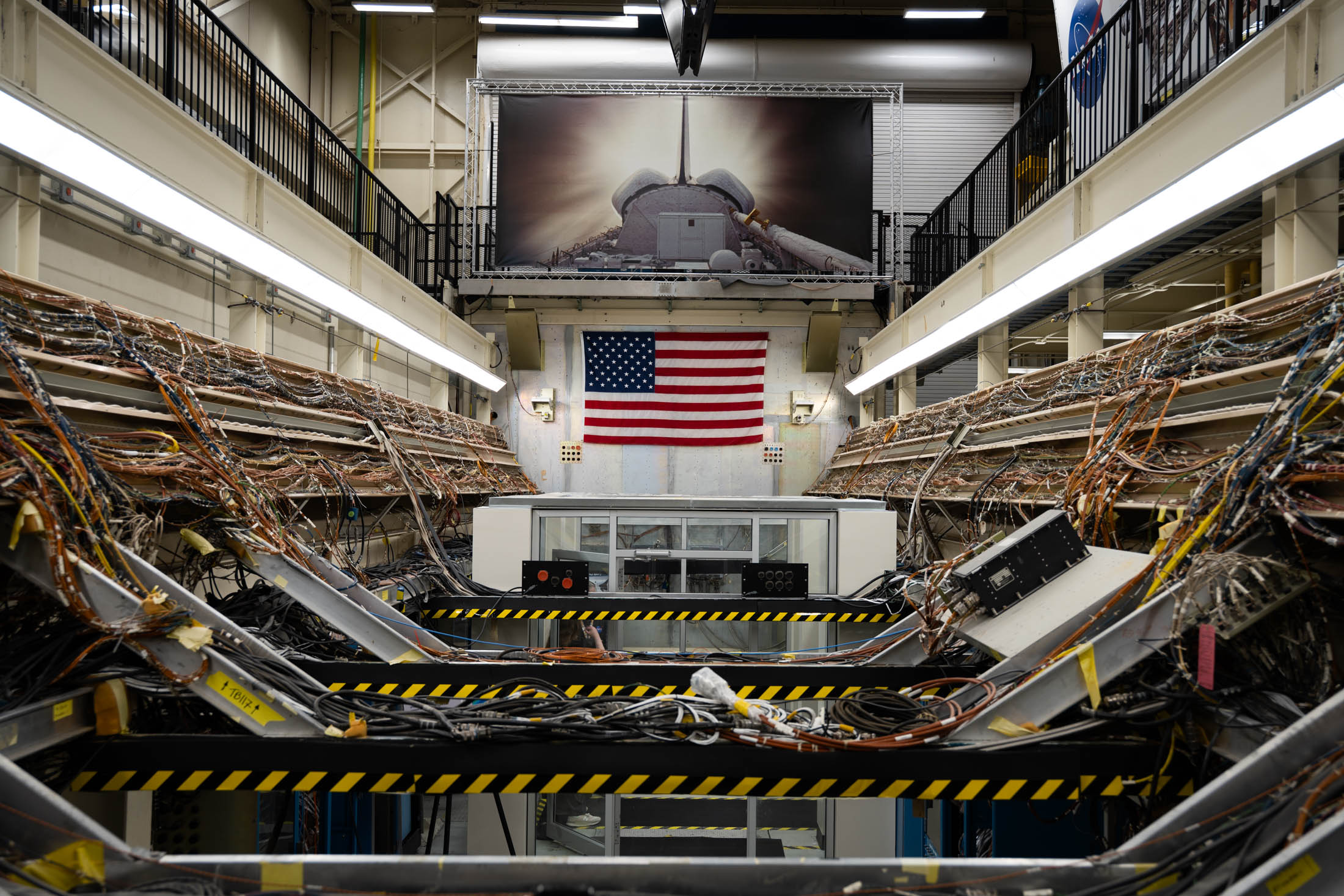
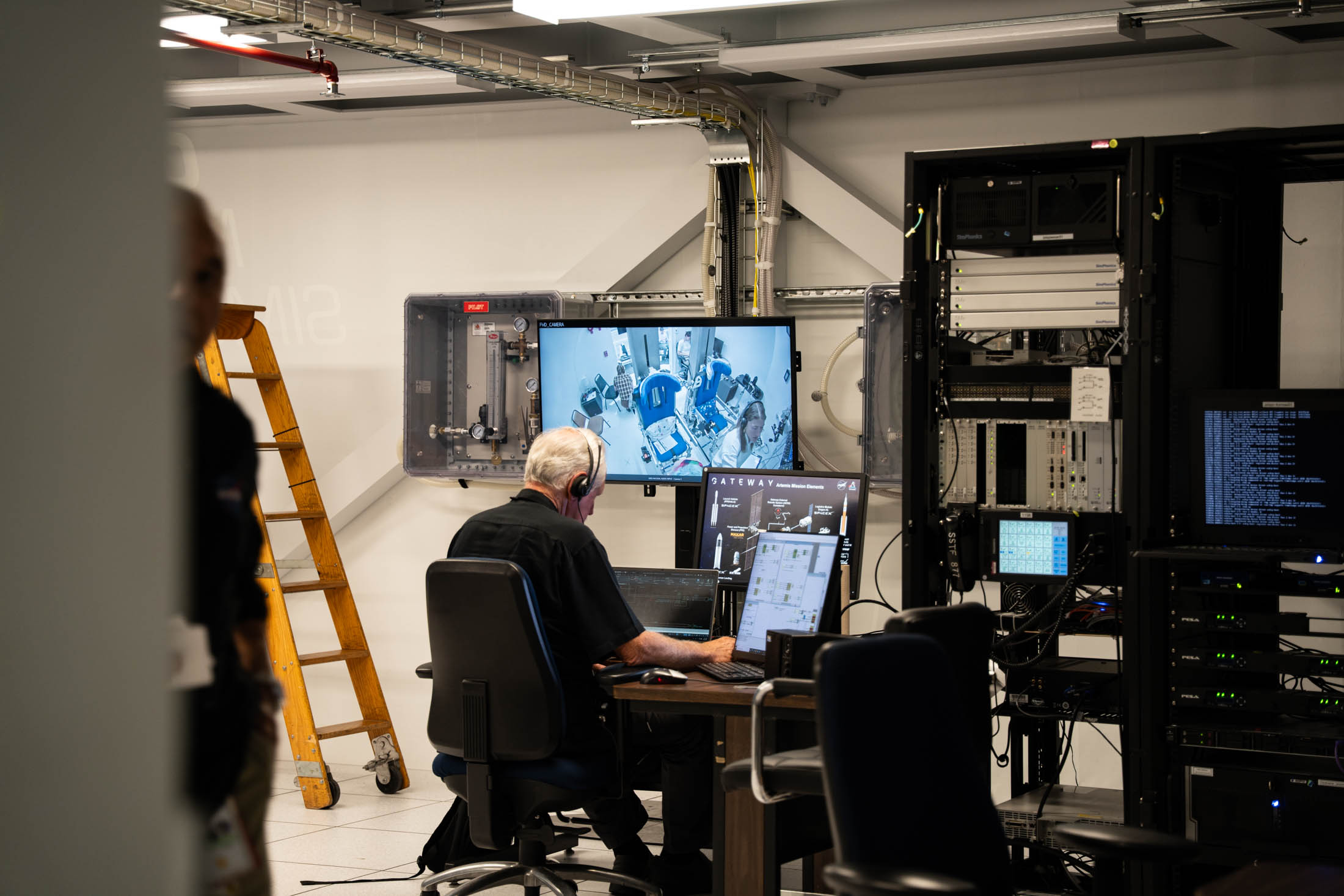
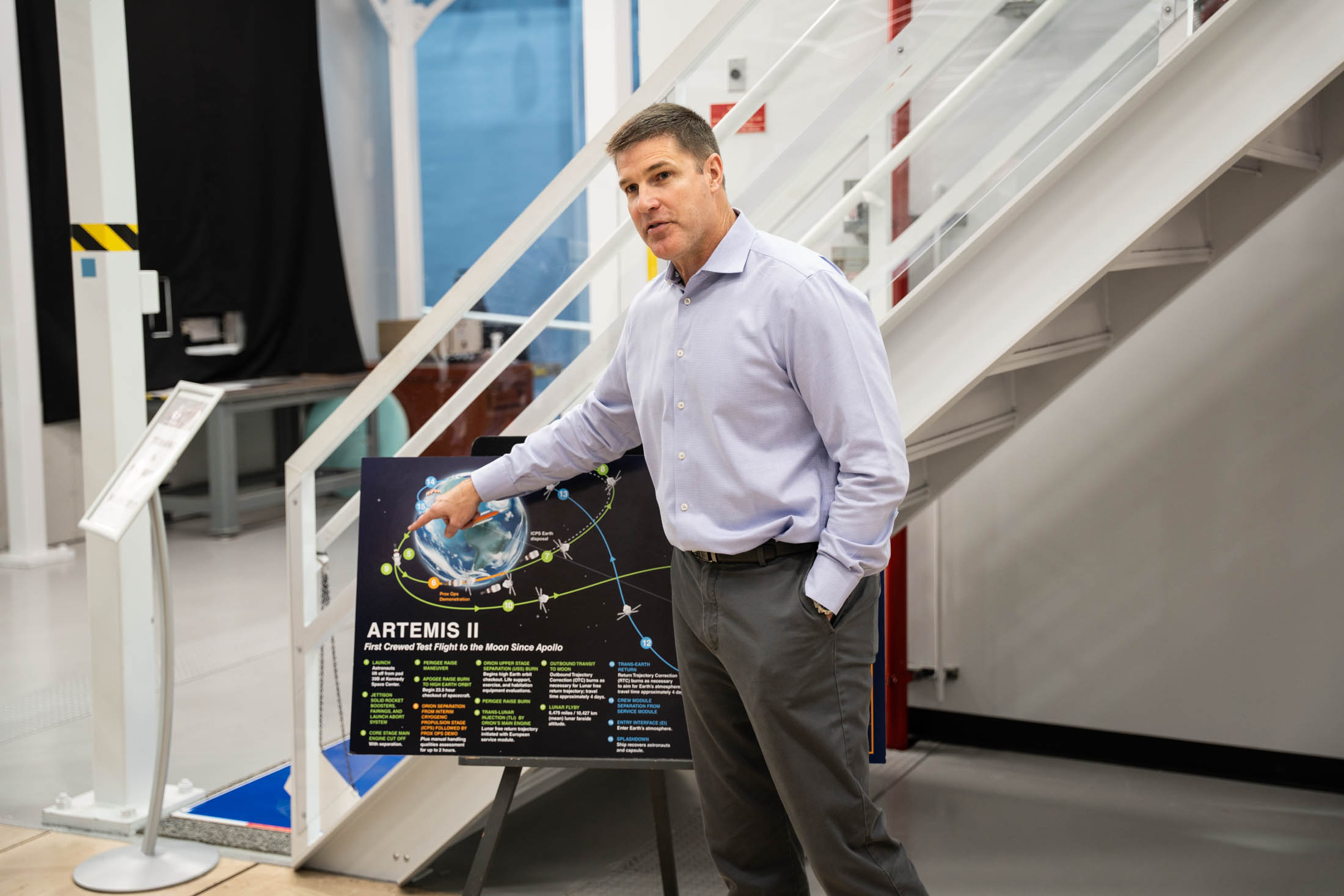
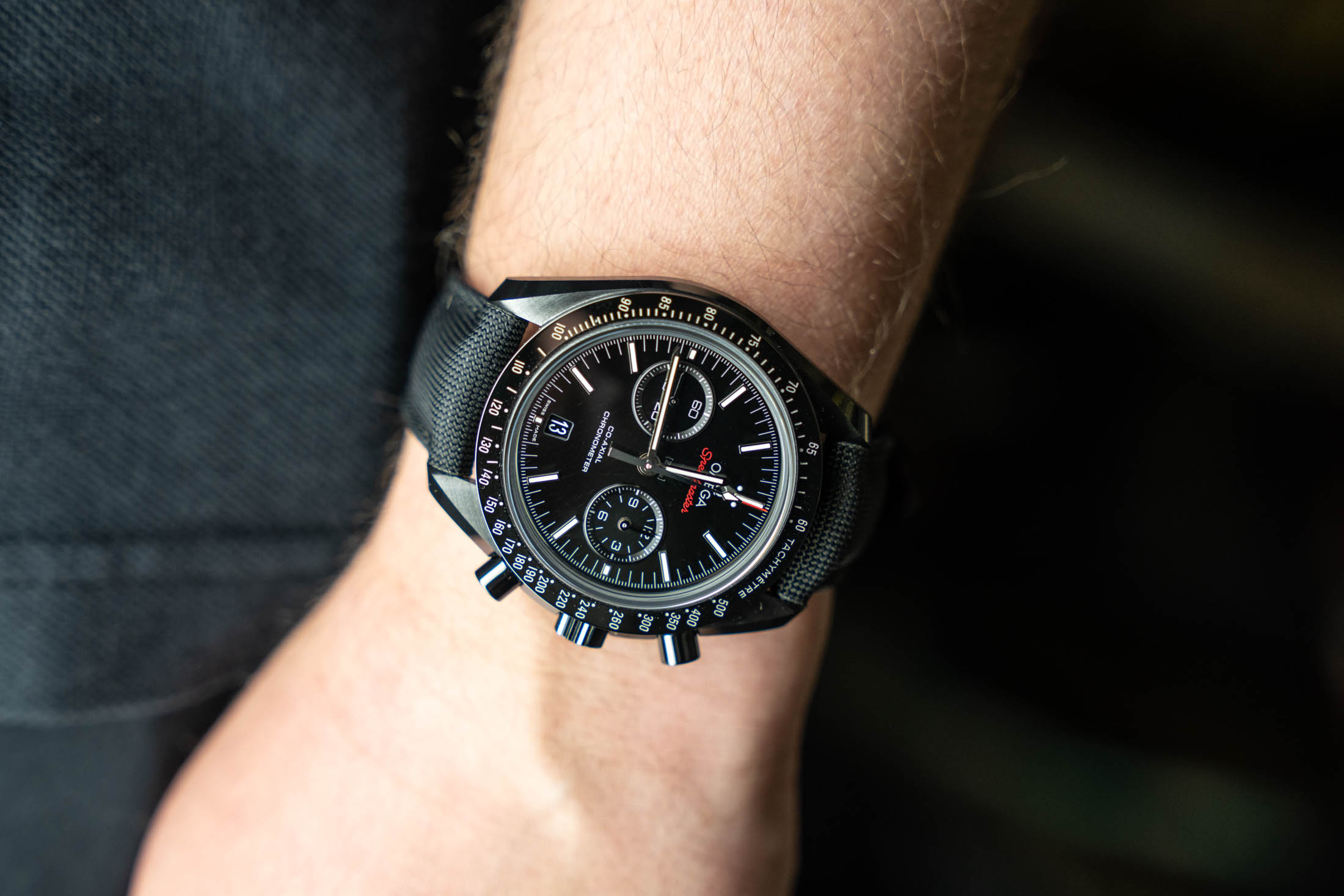
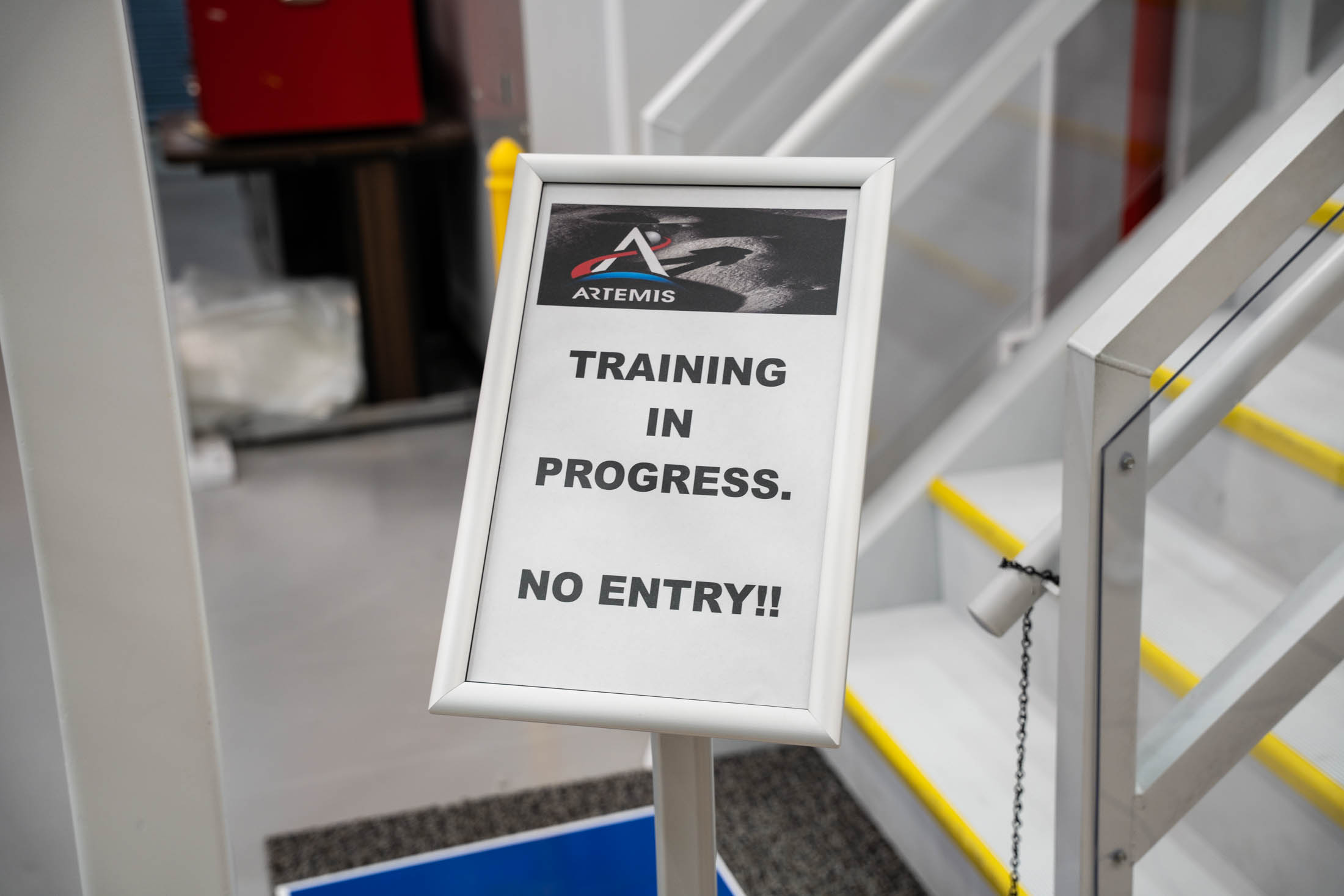
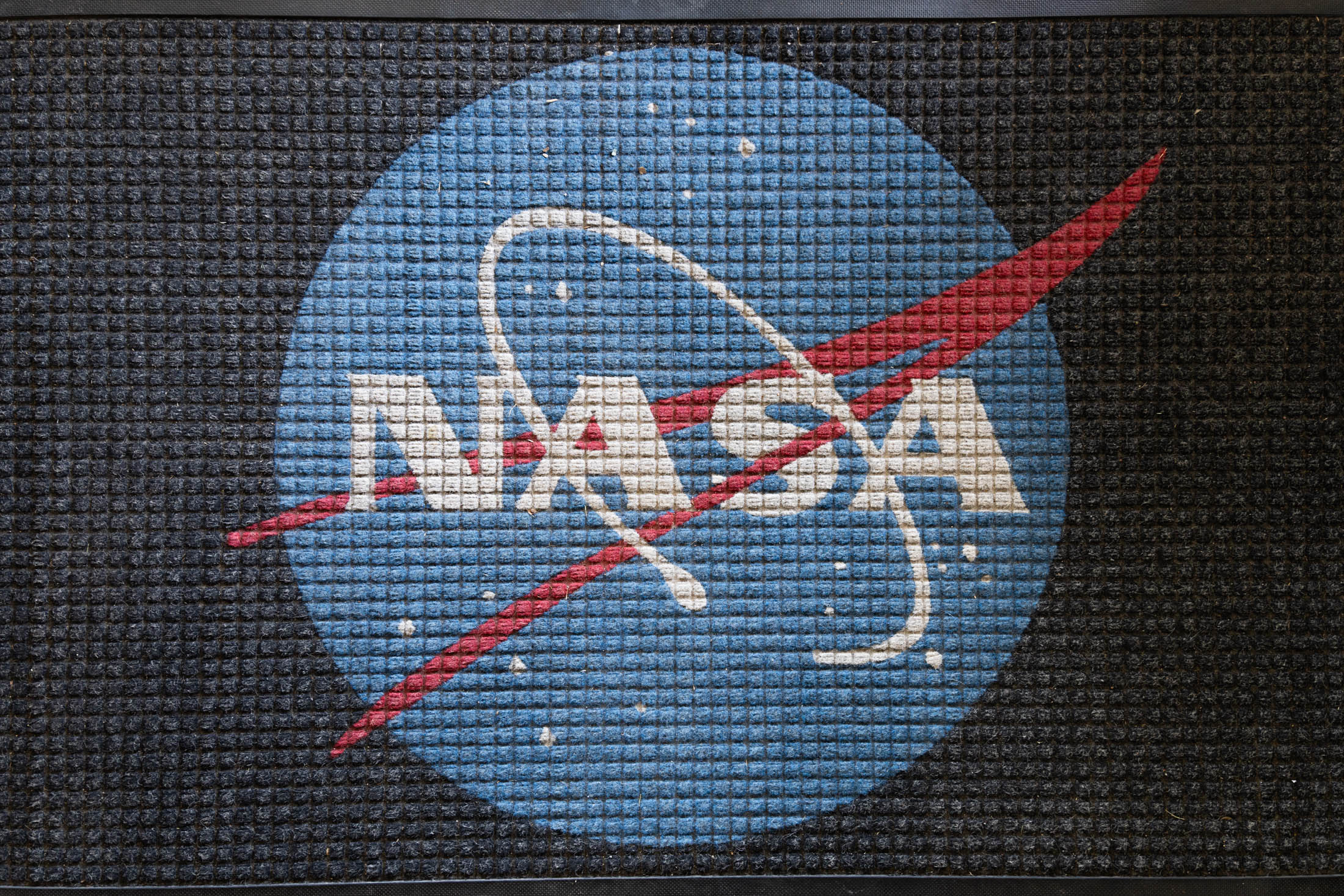
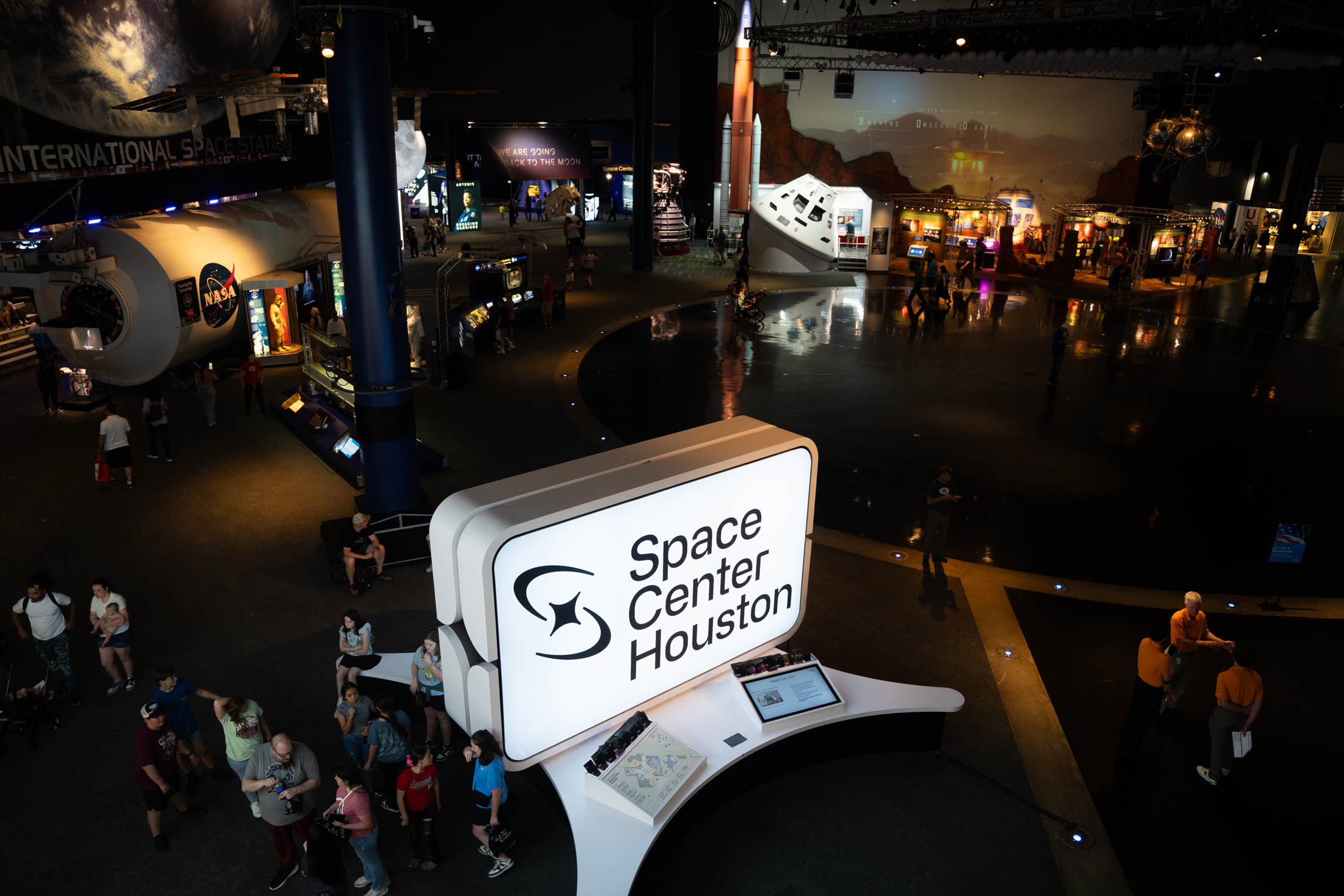
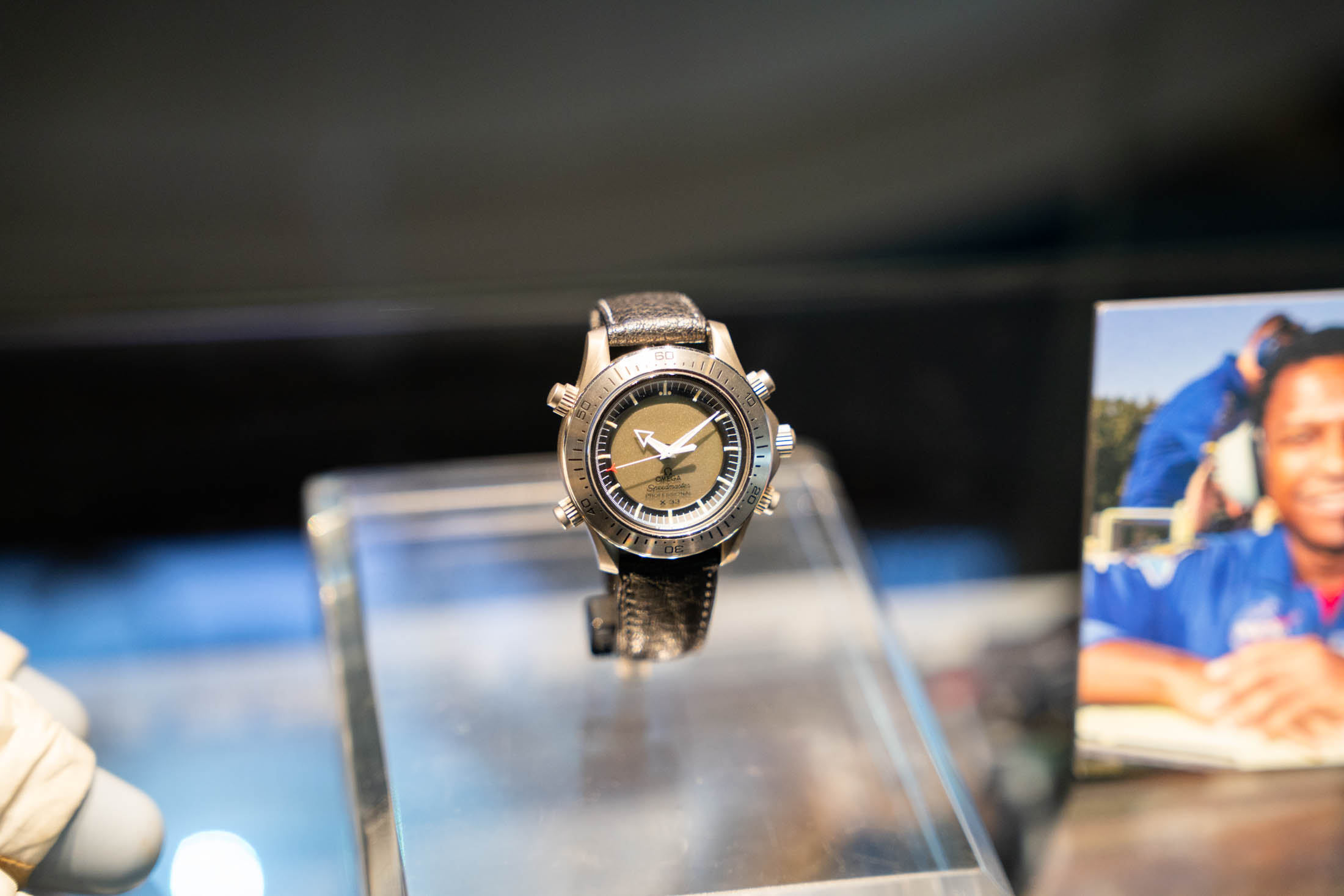
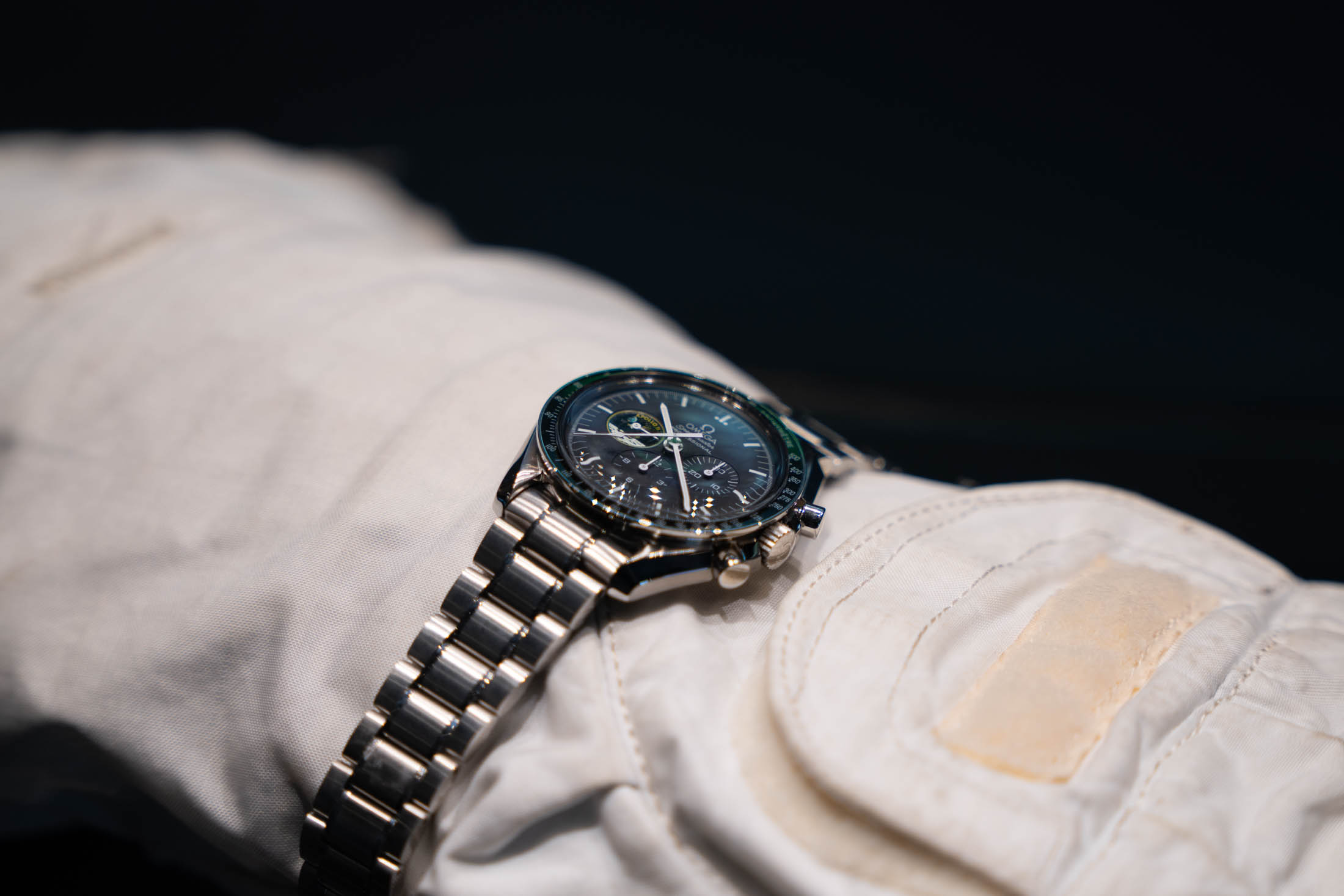
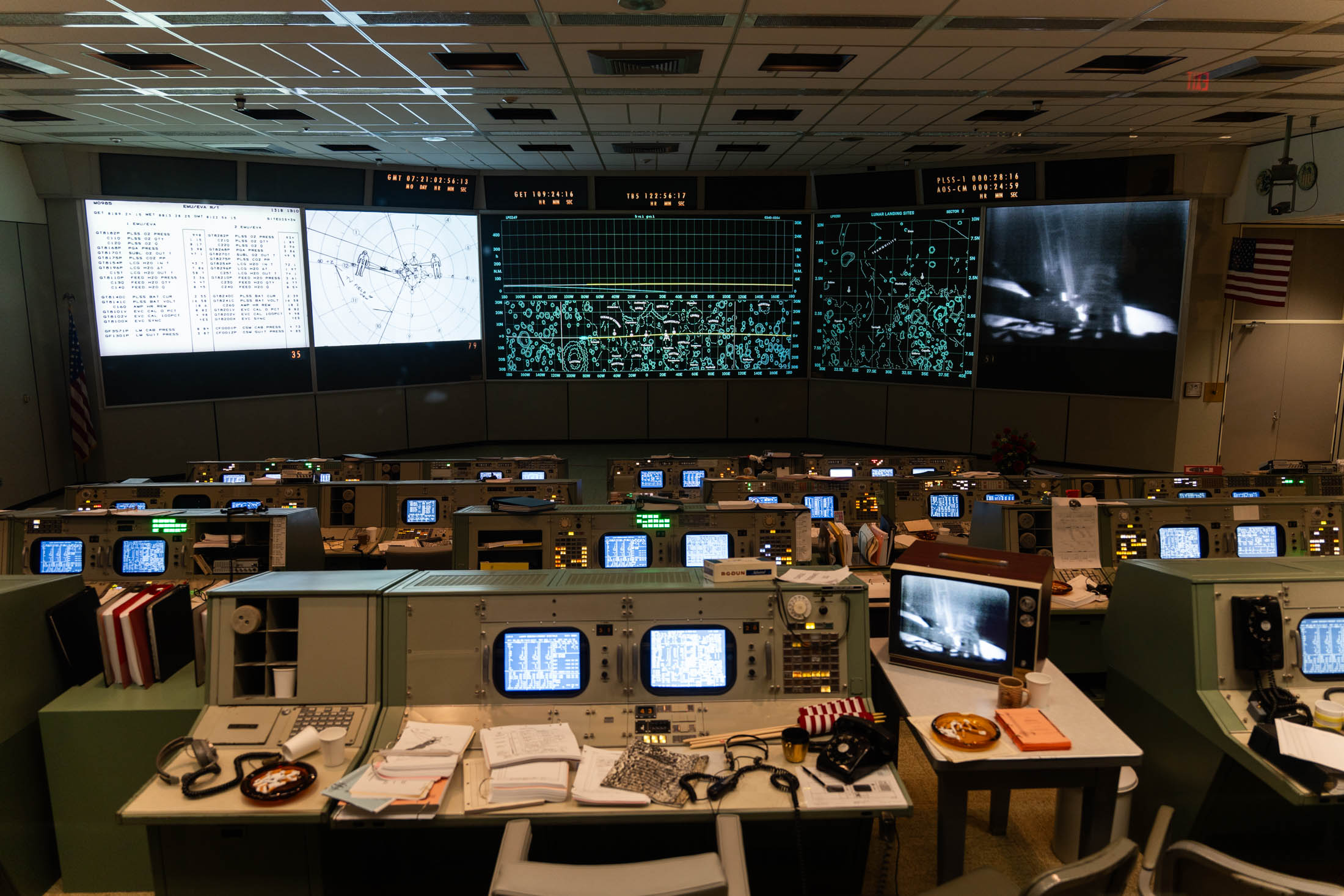
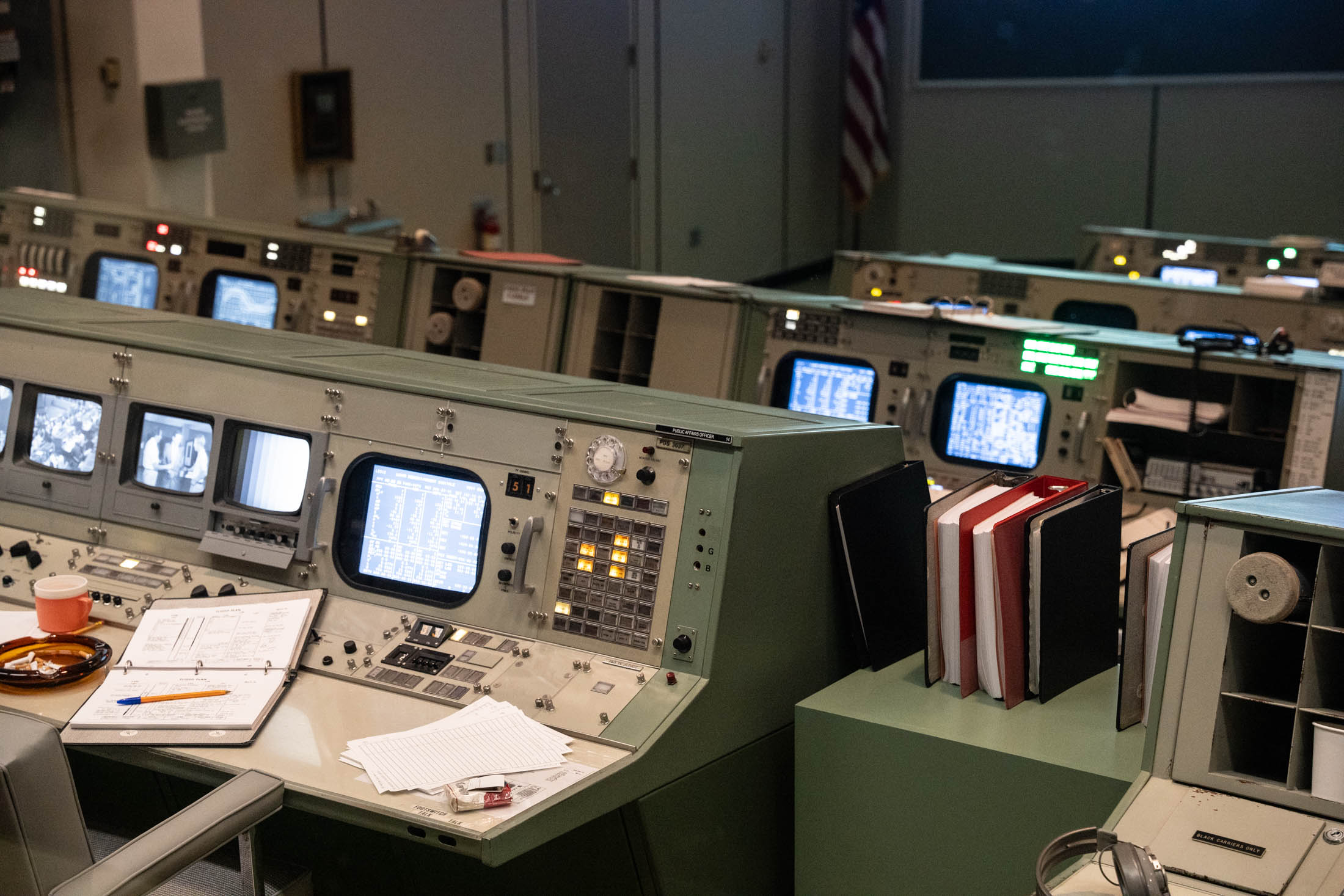
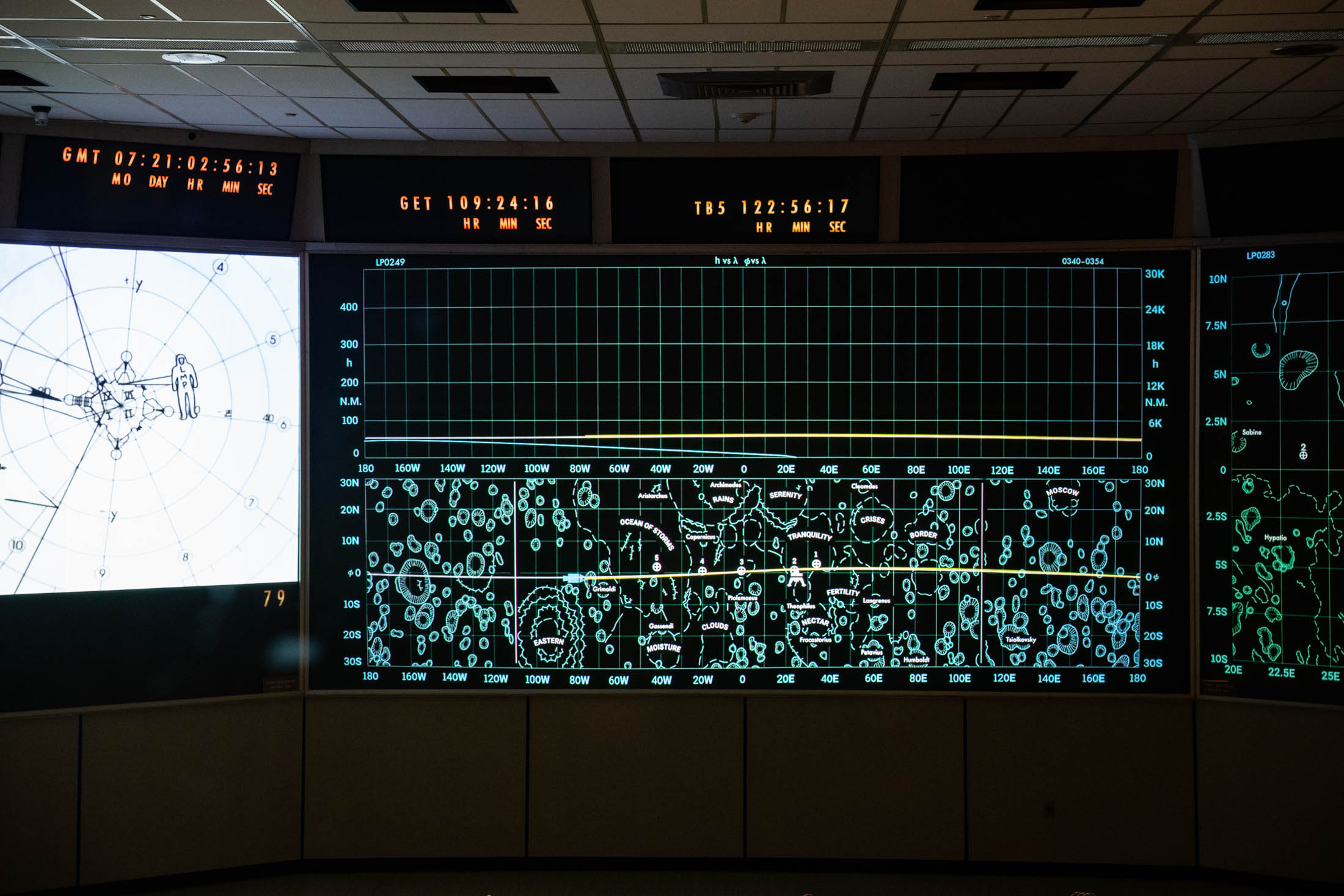
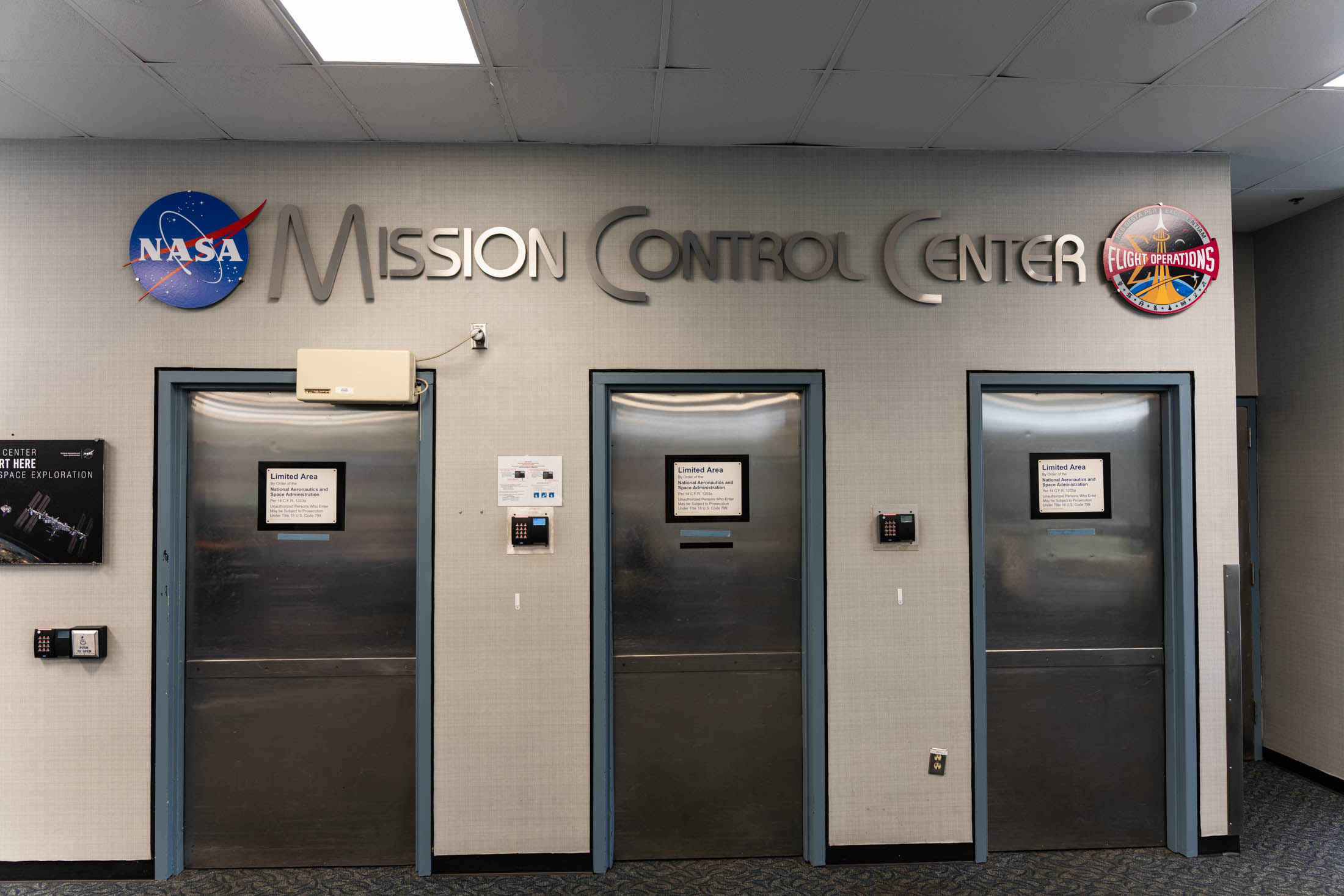
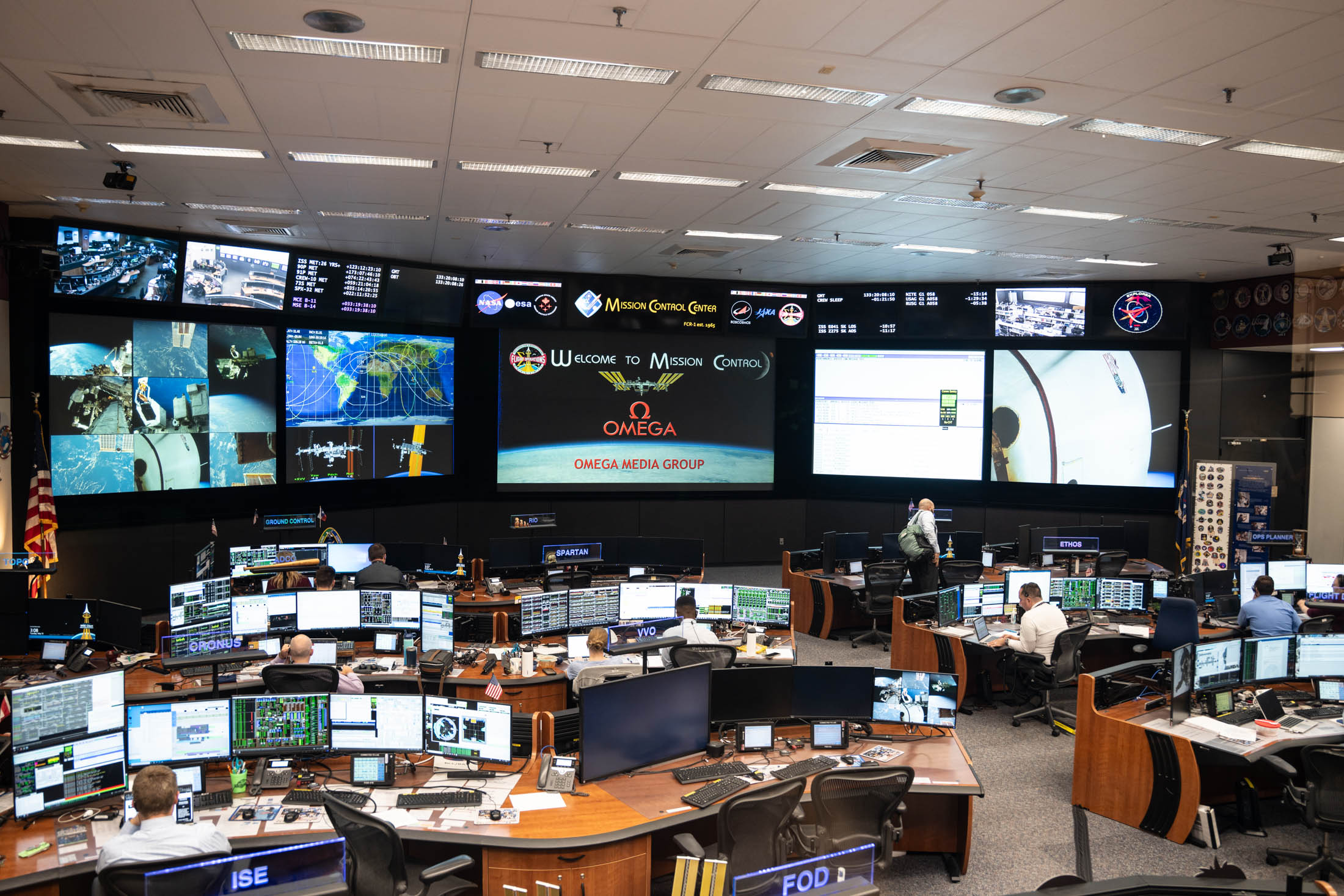
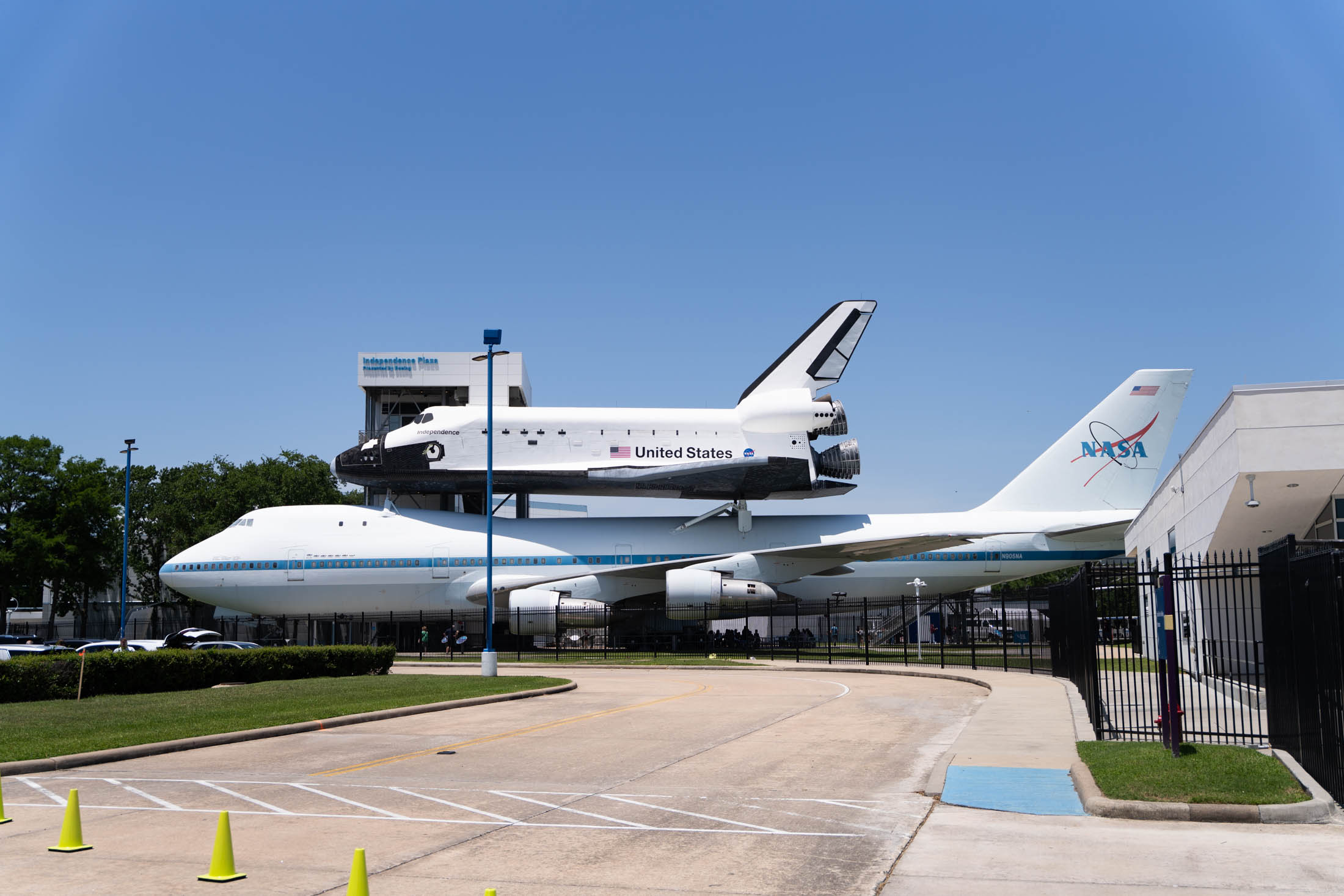
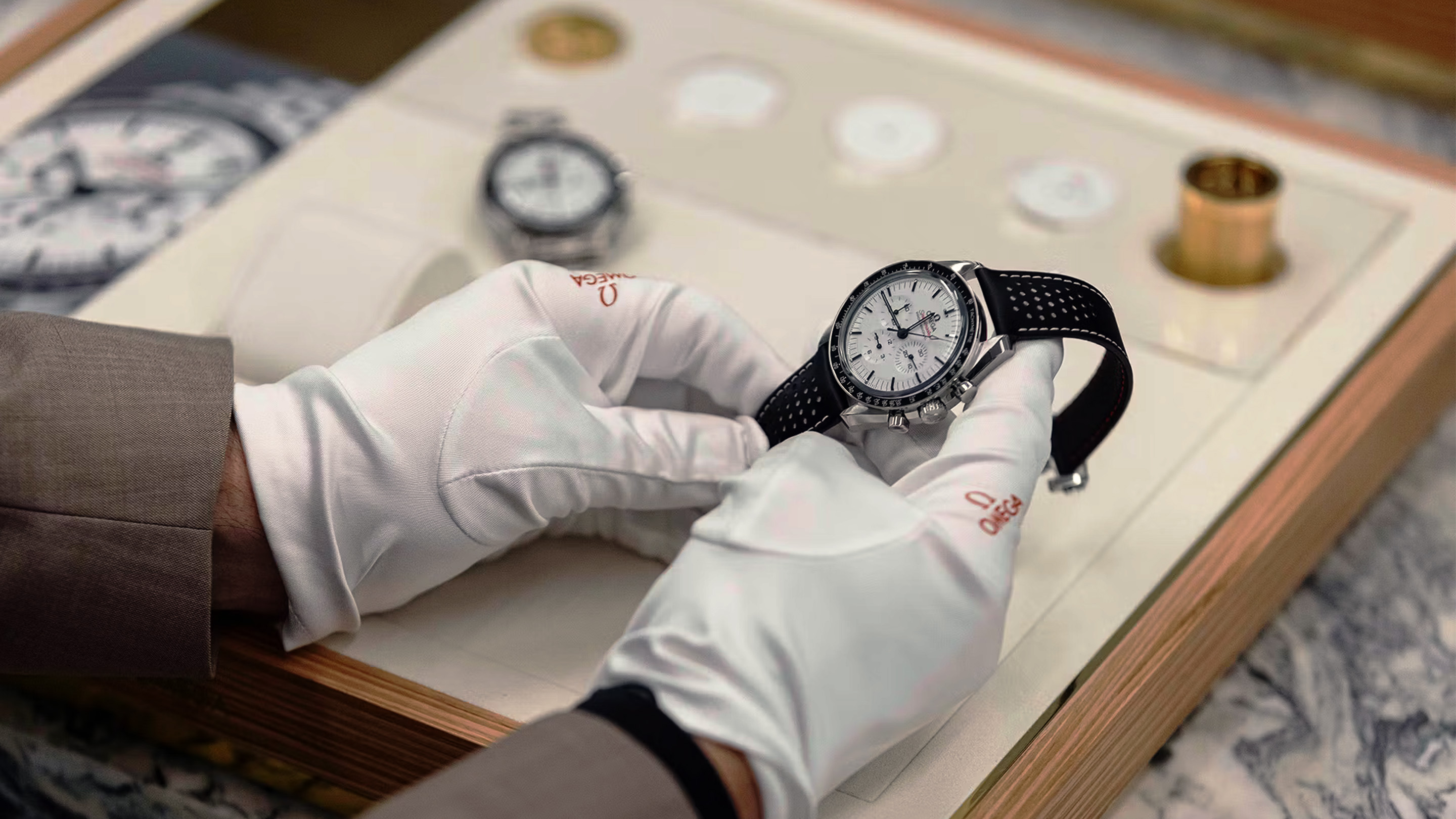
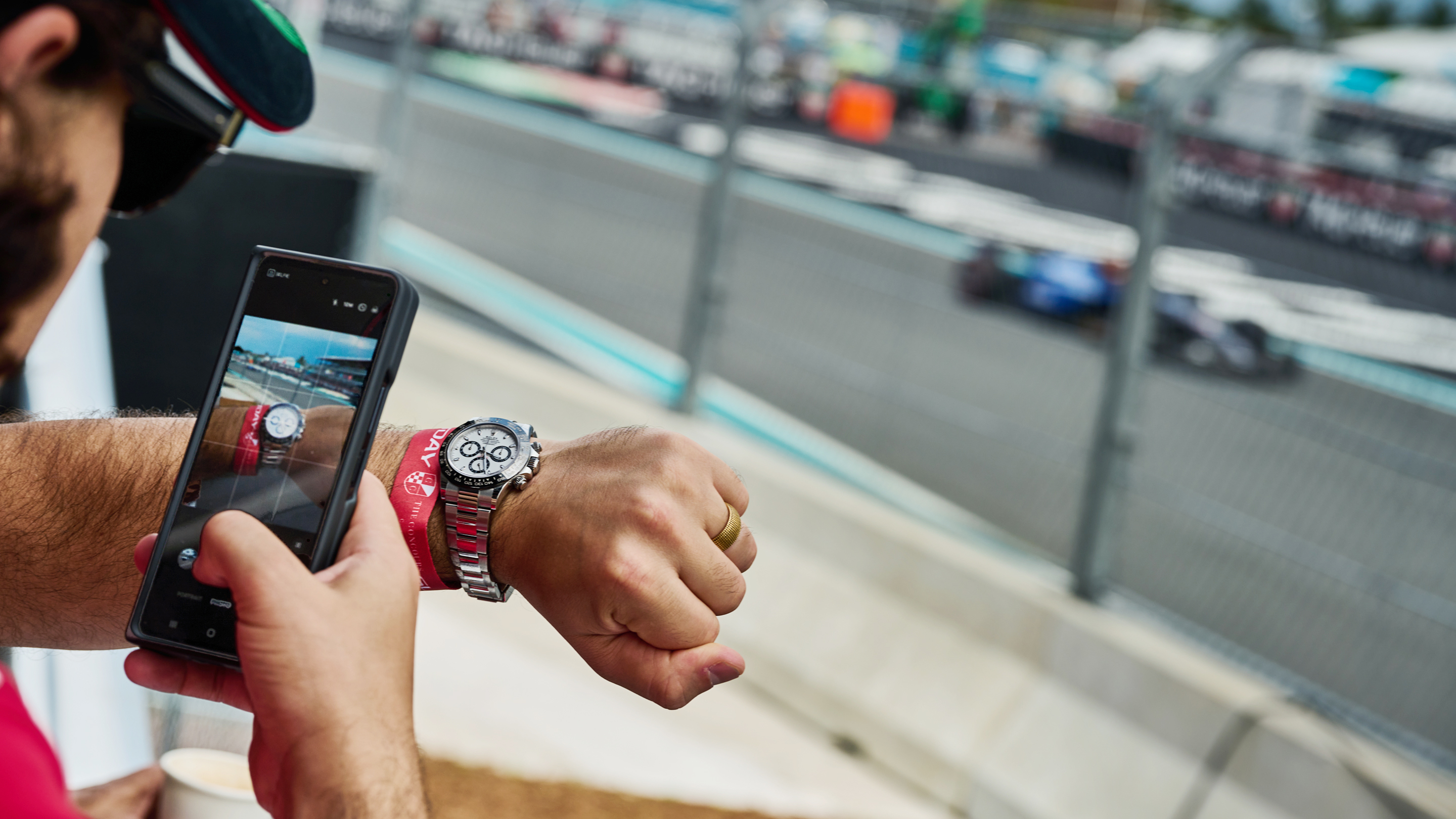







Top Discussions
Introducing NBA Superstar LeBron James Just Dropped A New Richard Mille RM65-01 Split-Seconds Chronograph
Hands-On The Ming 20.01 Series 5 Gets A Freaky New Dial
Introducing The Brew Metric Lite Collection: A Trio Of Tiny Brew Watches